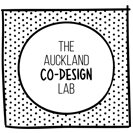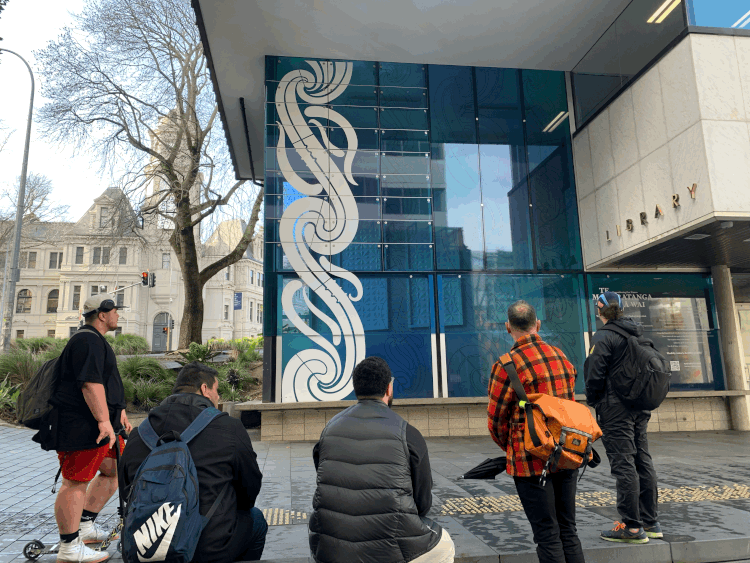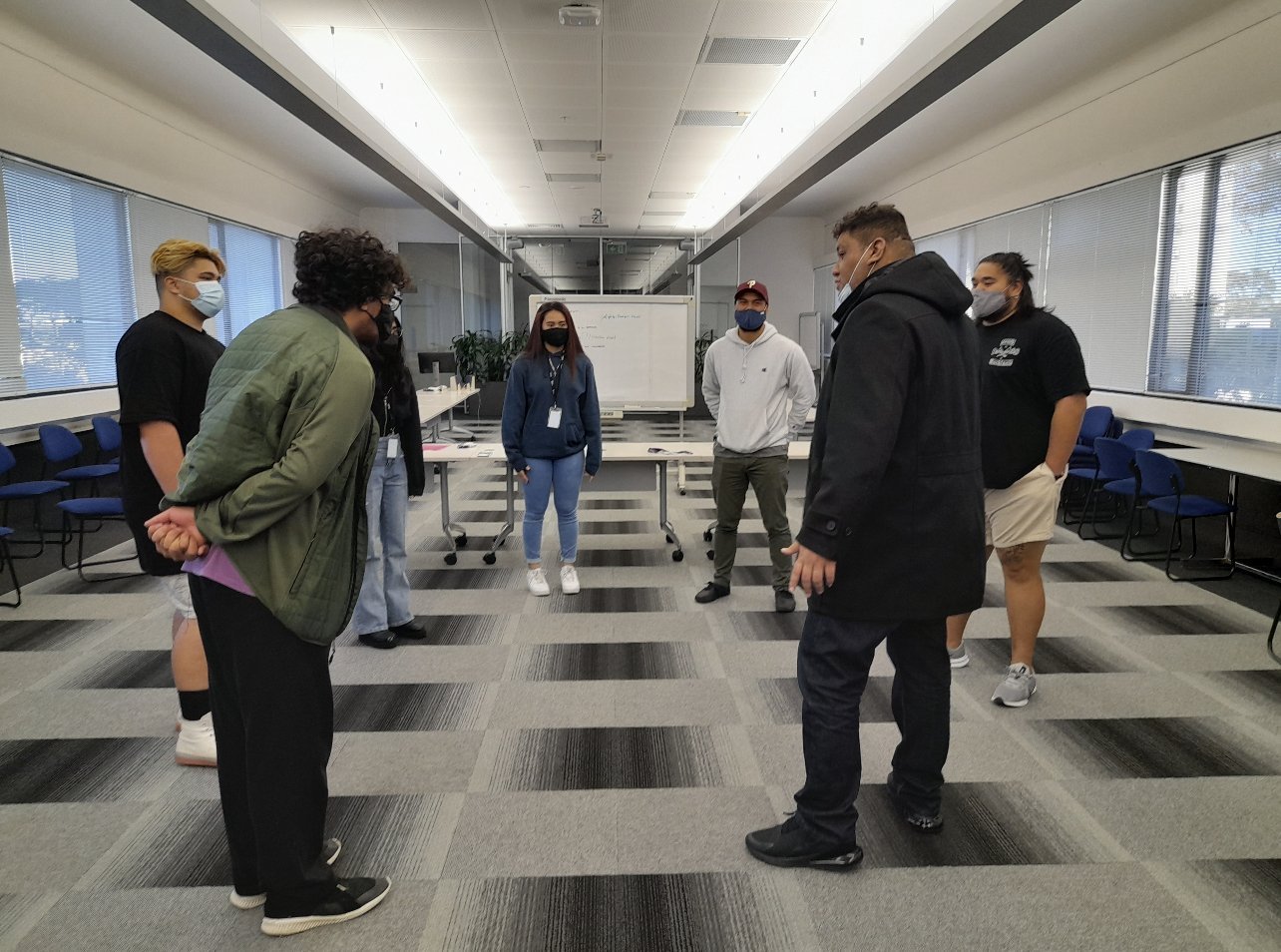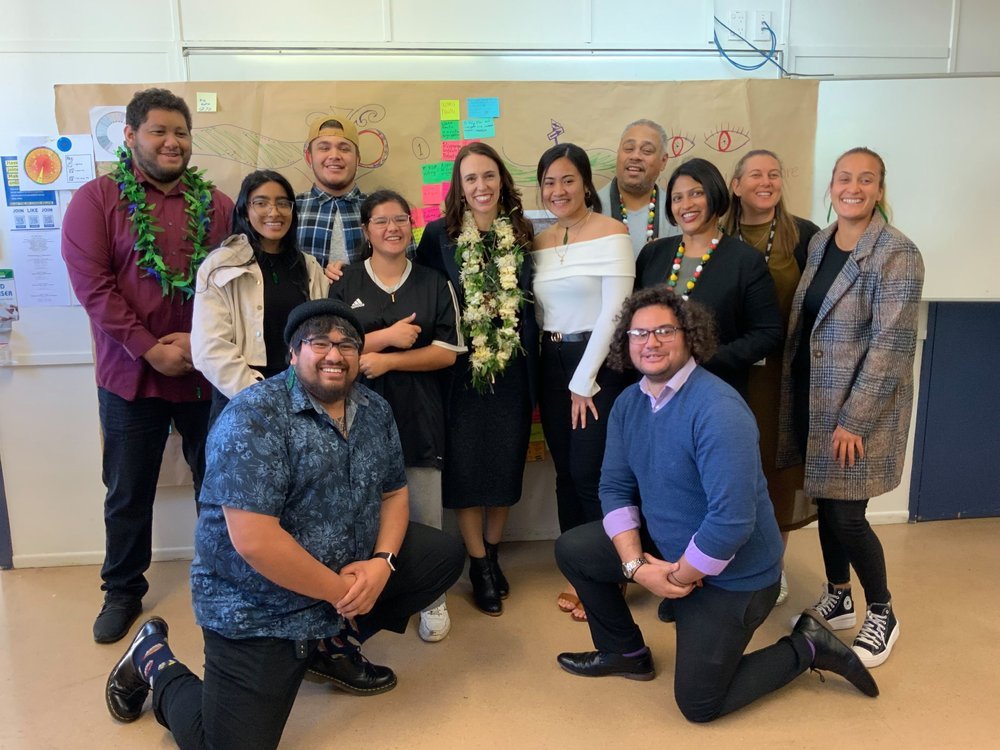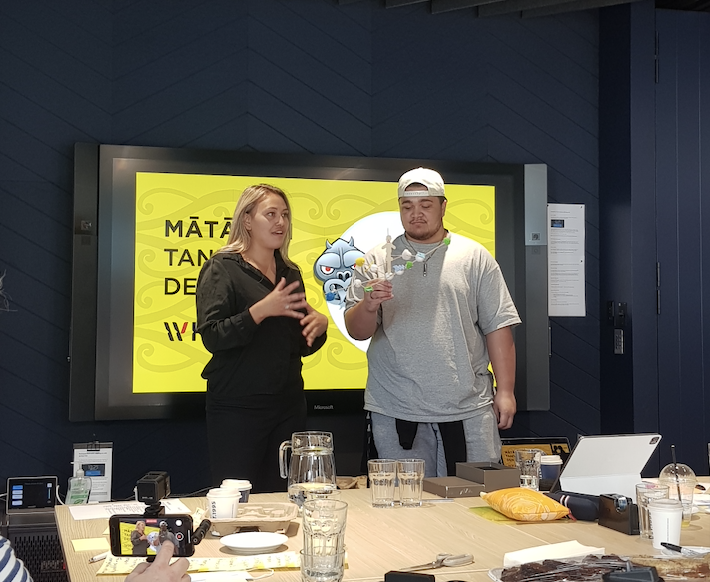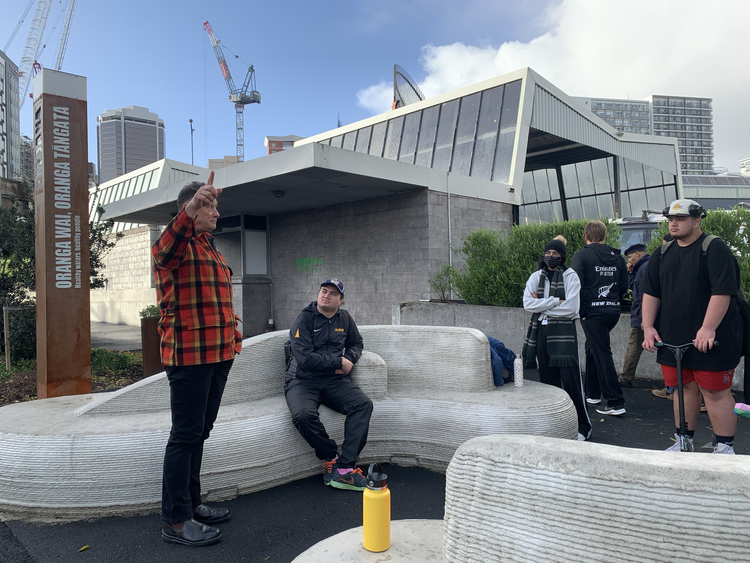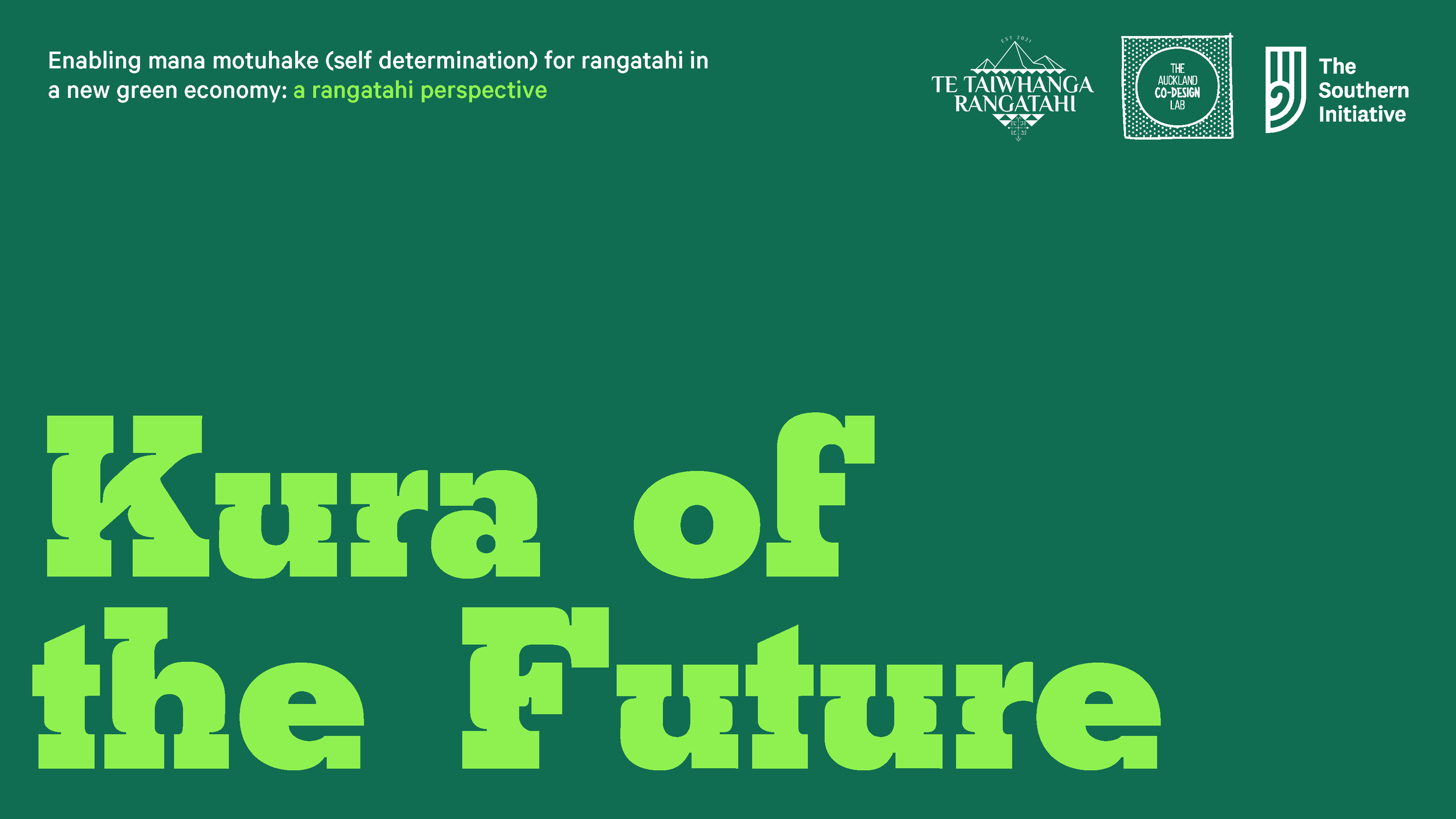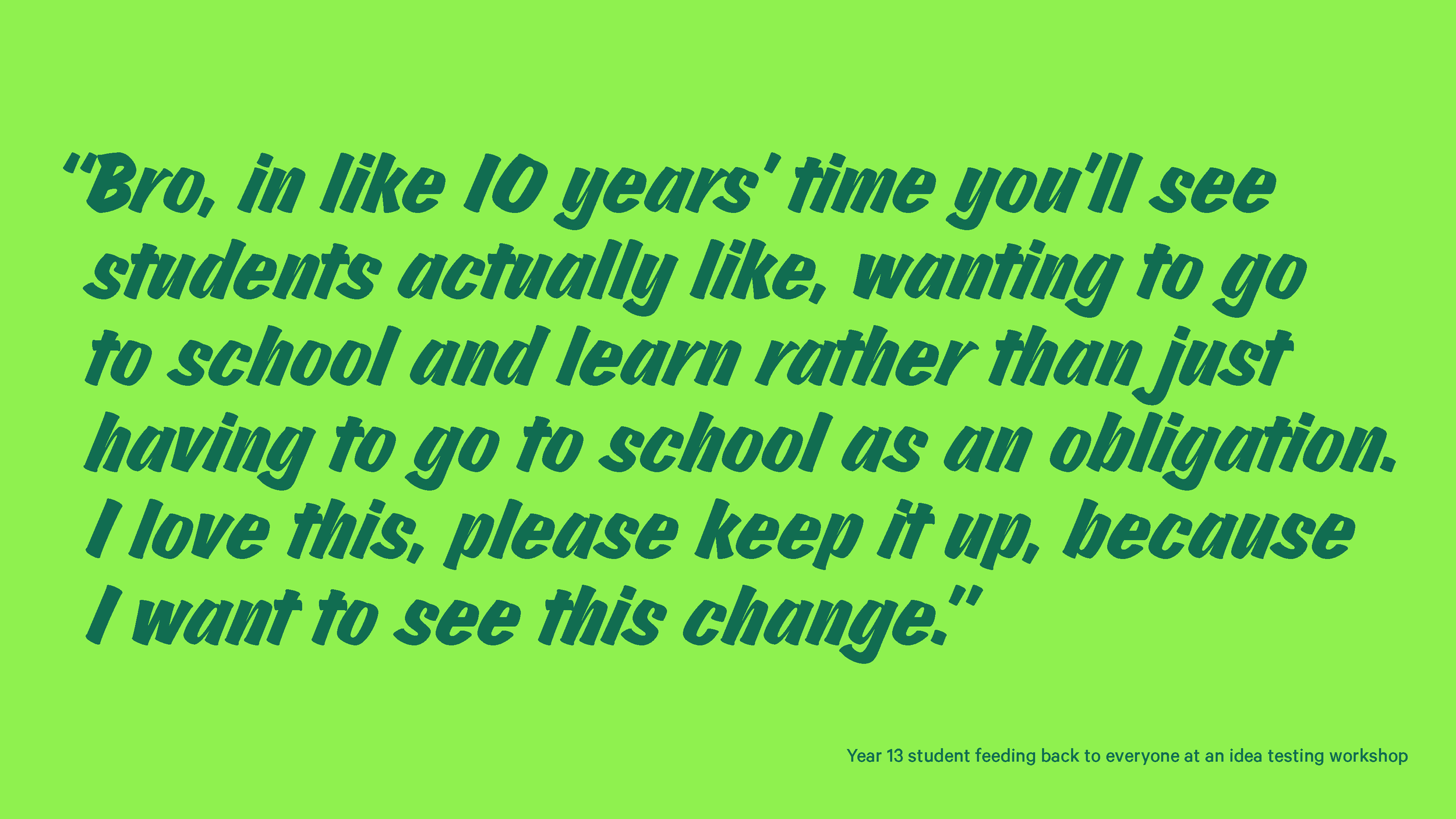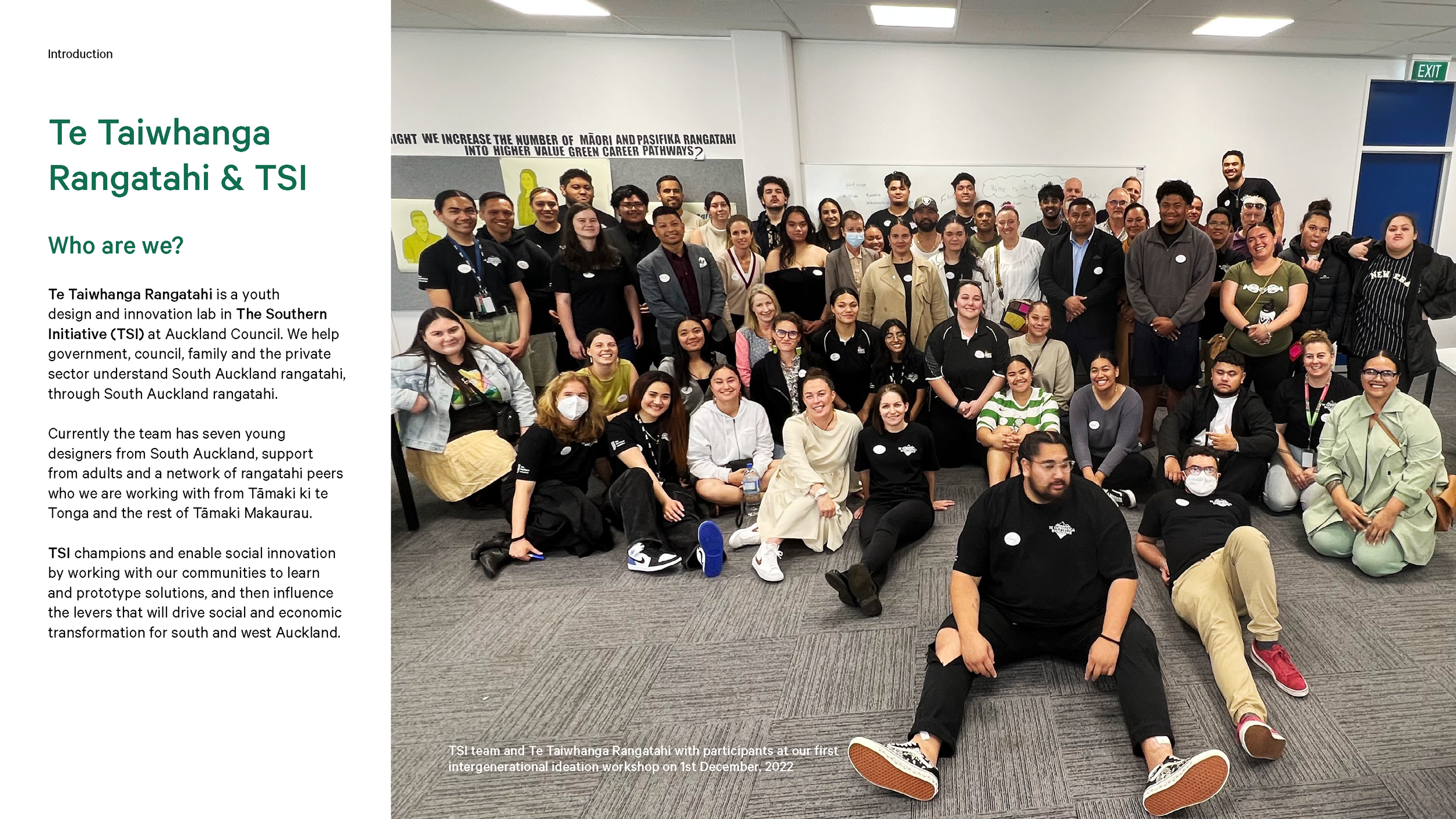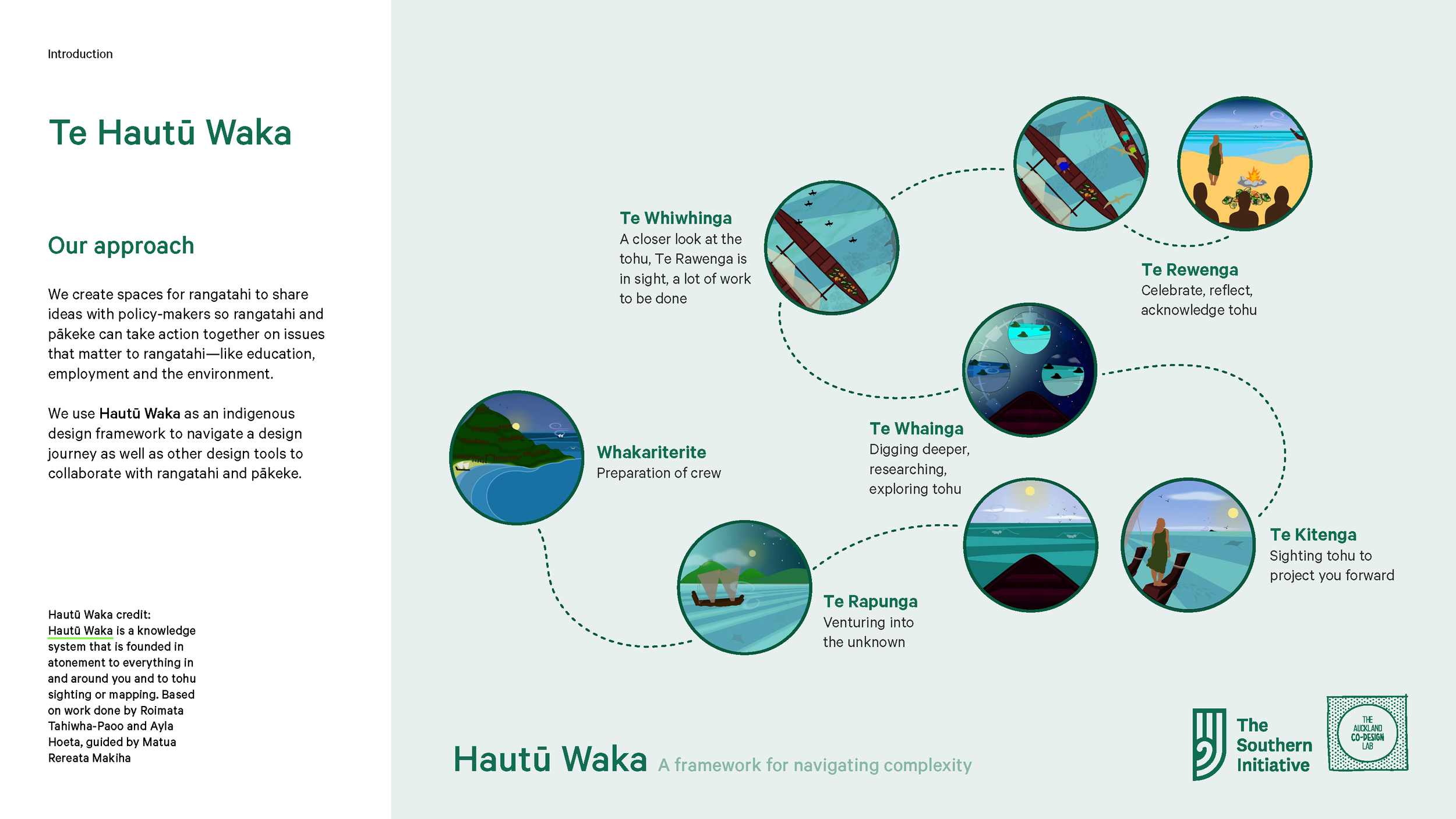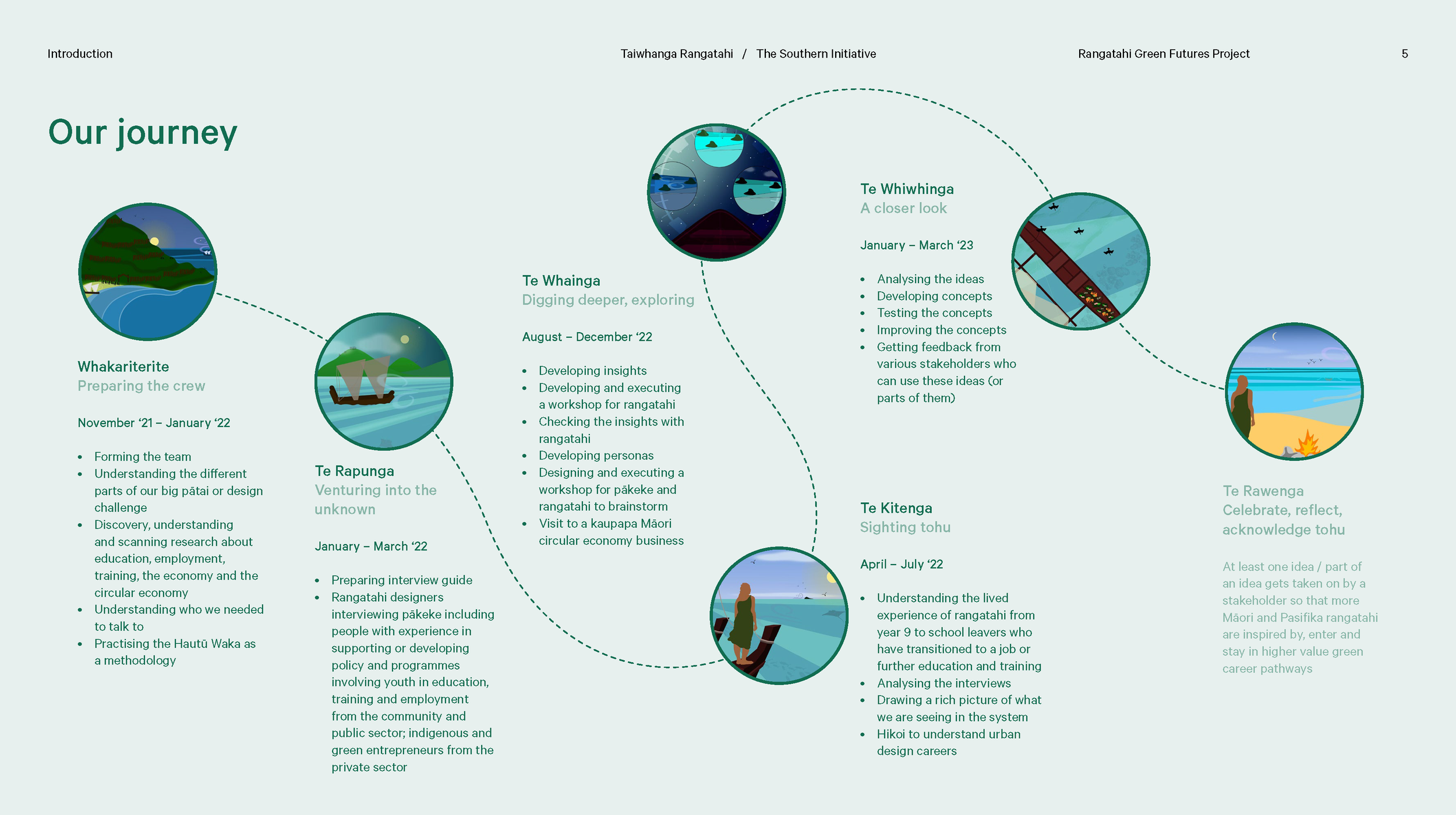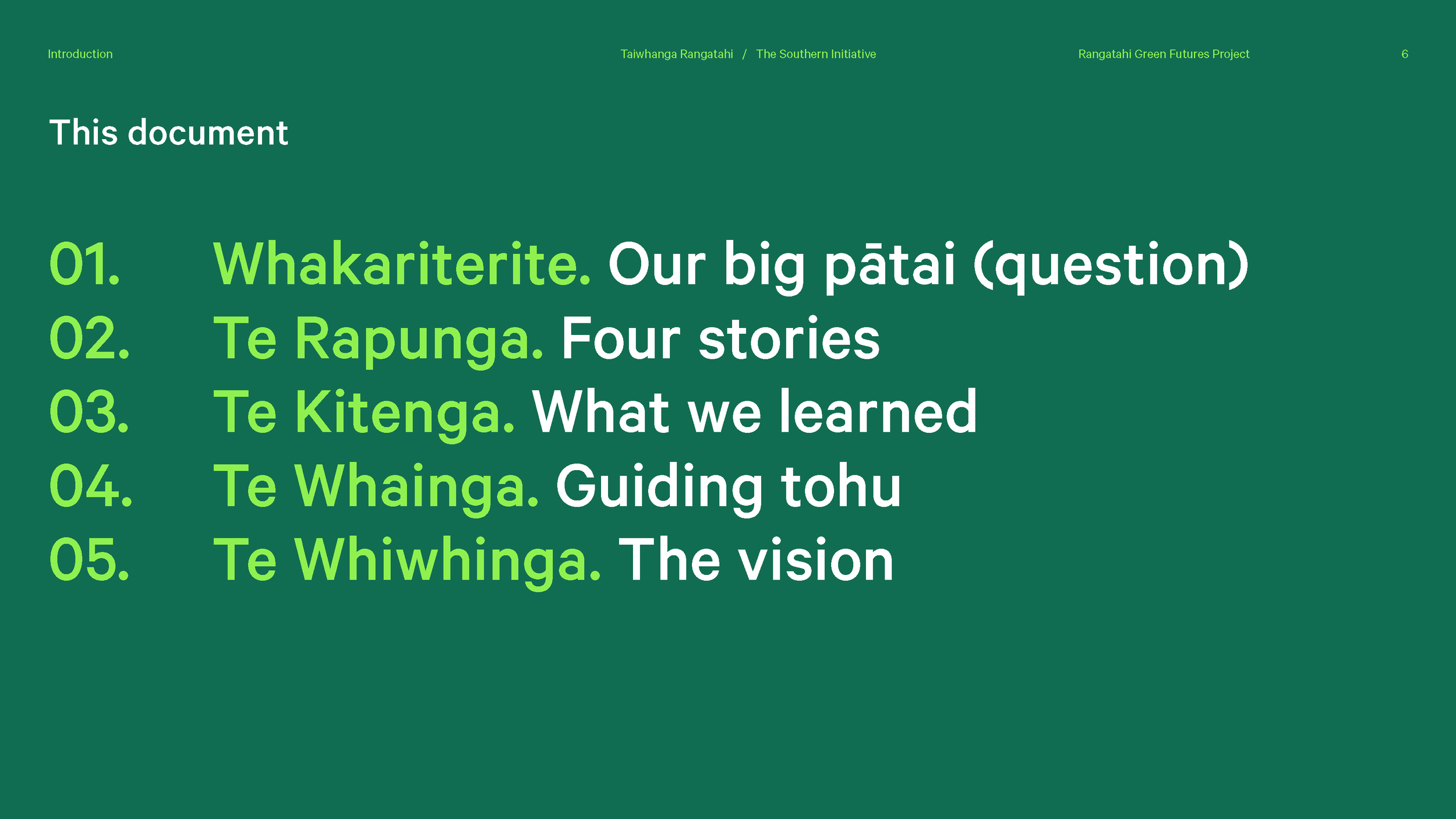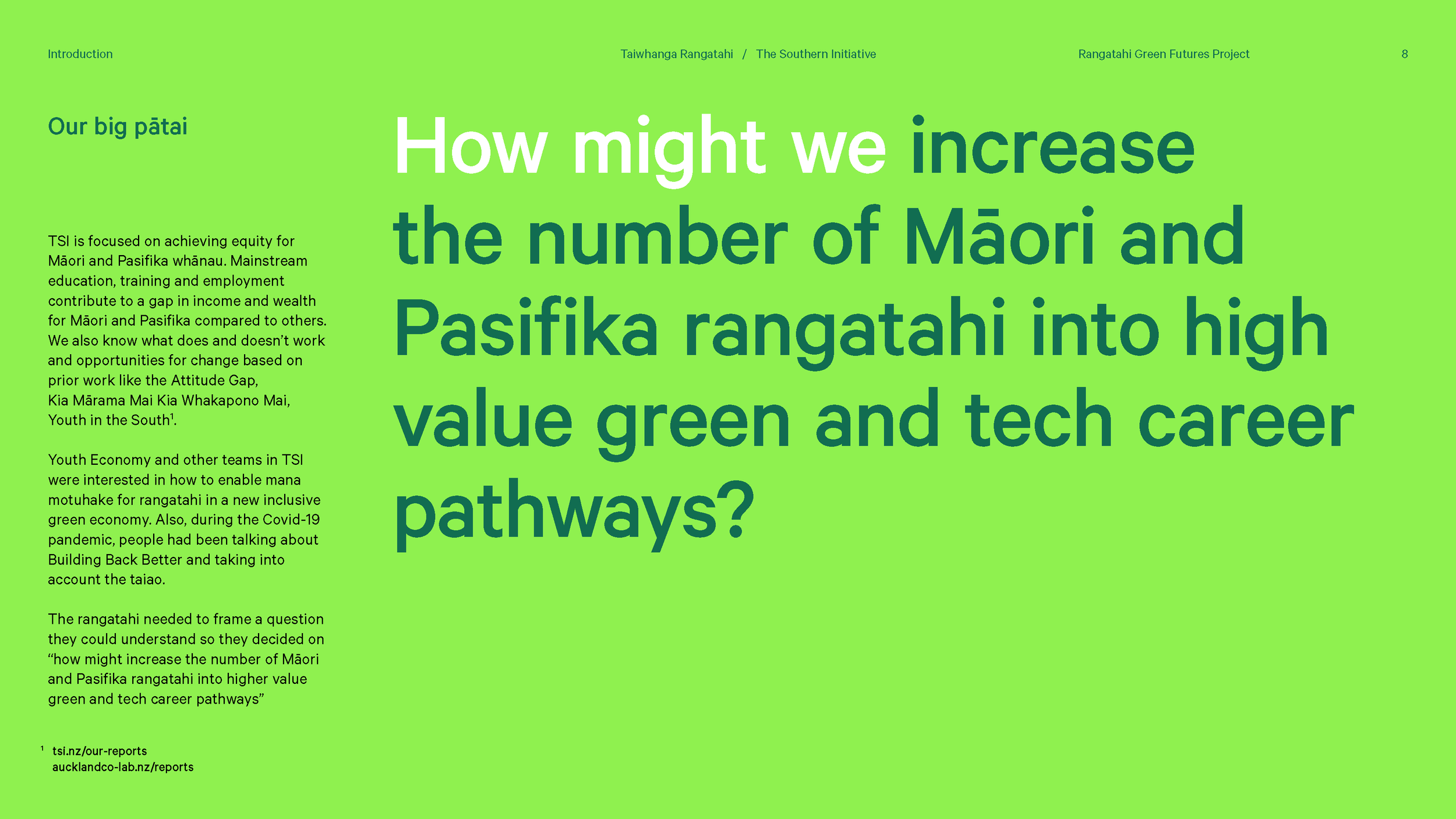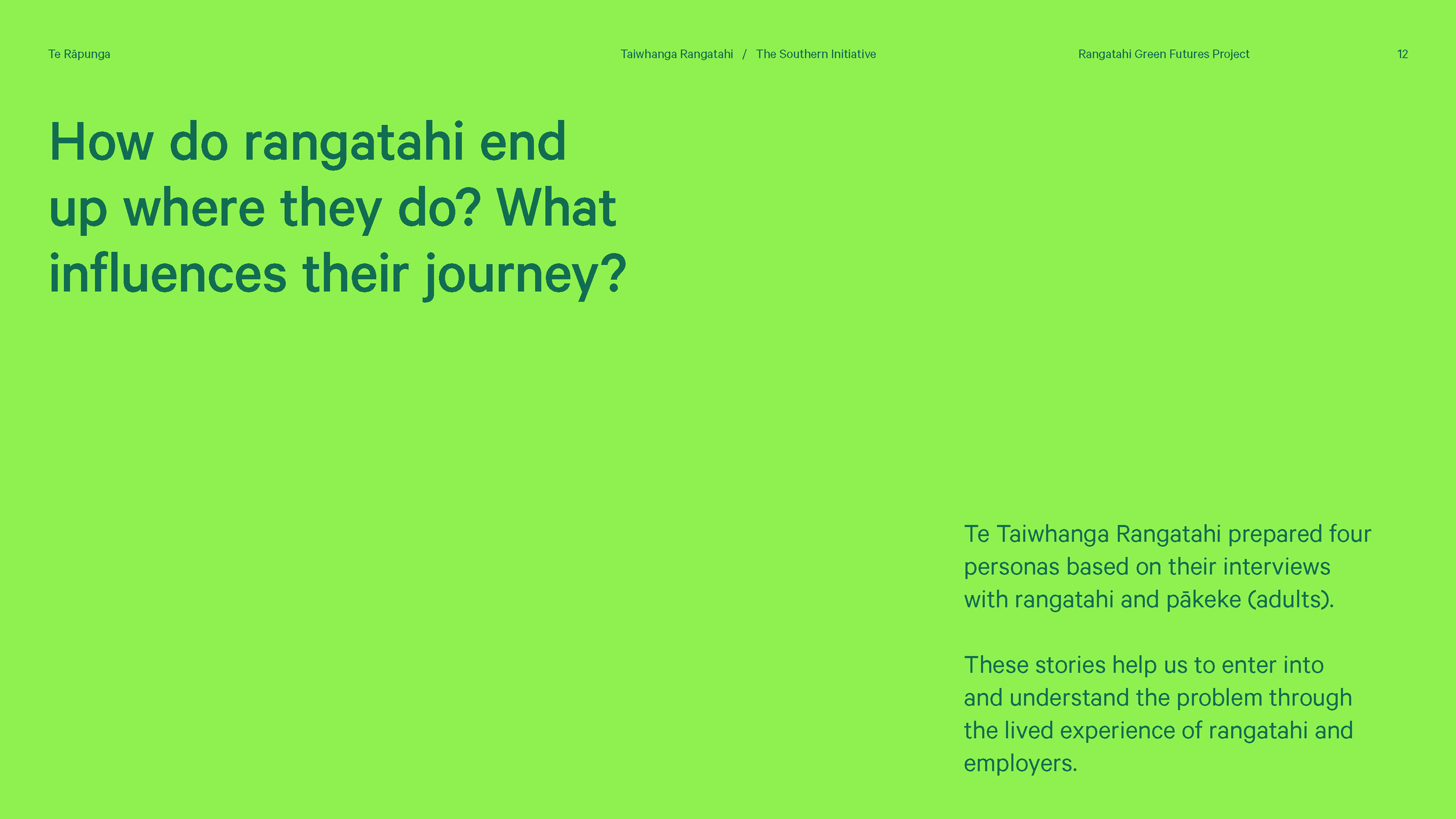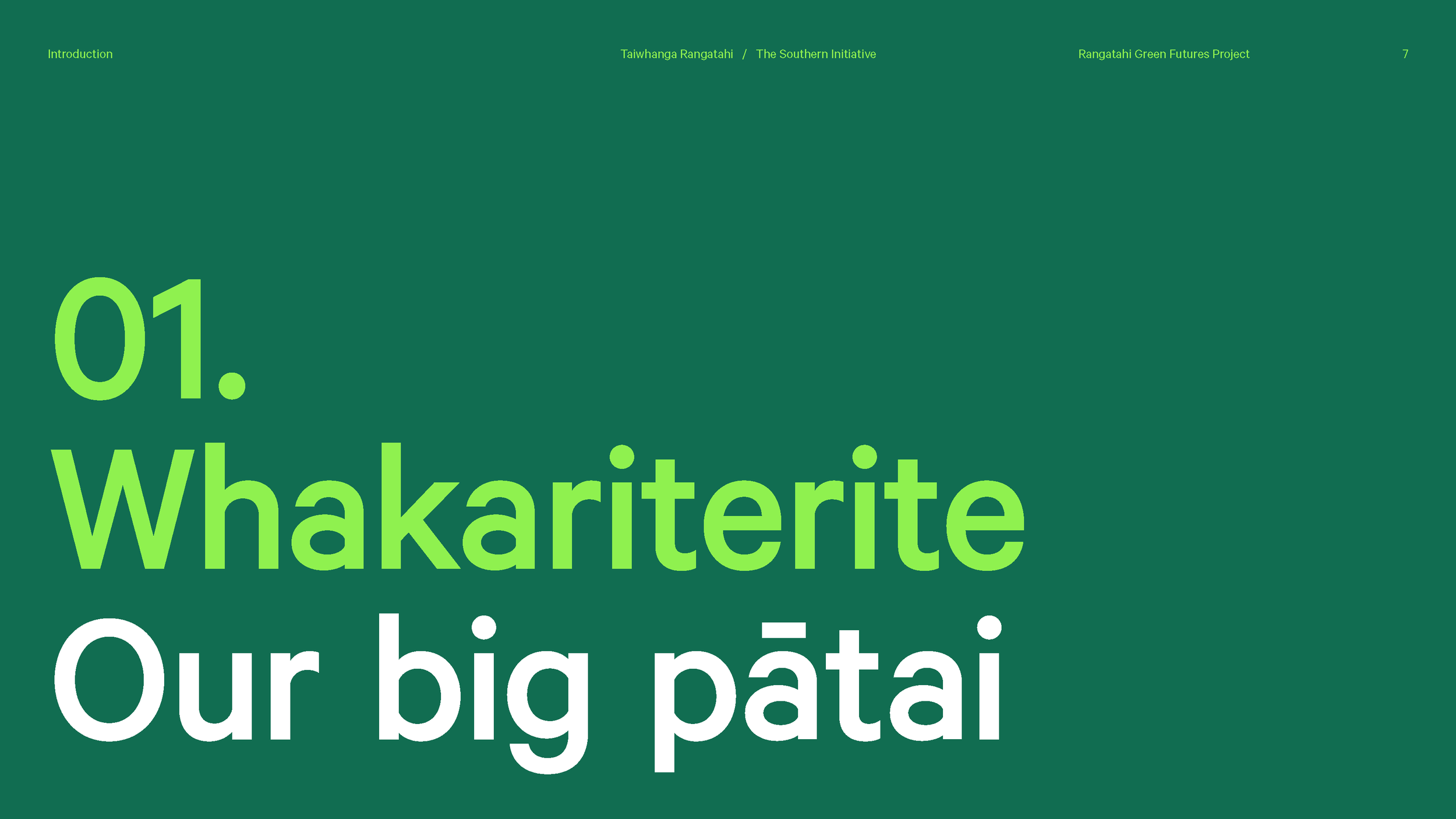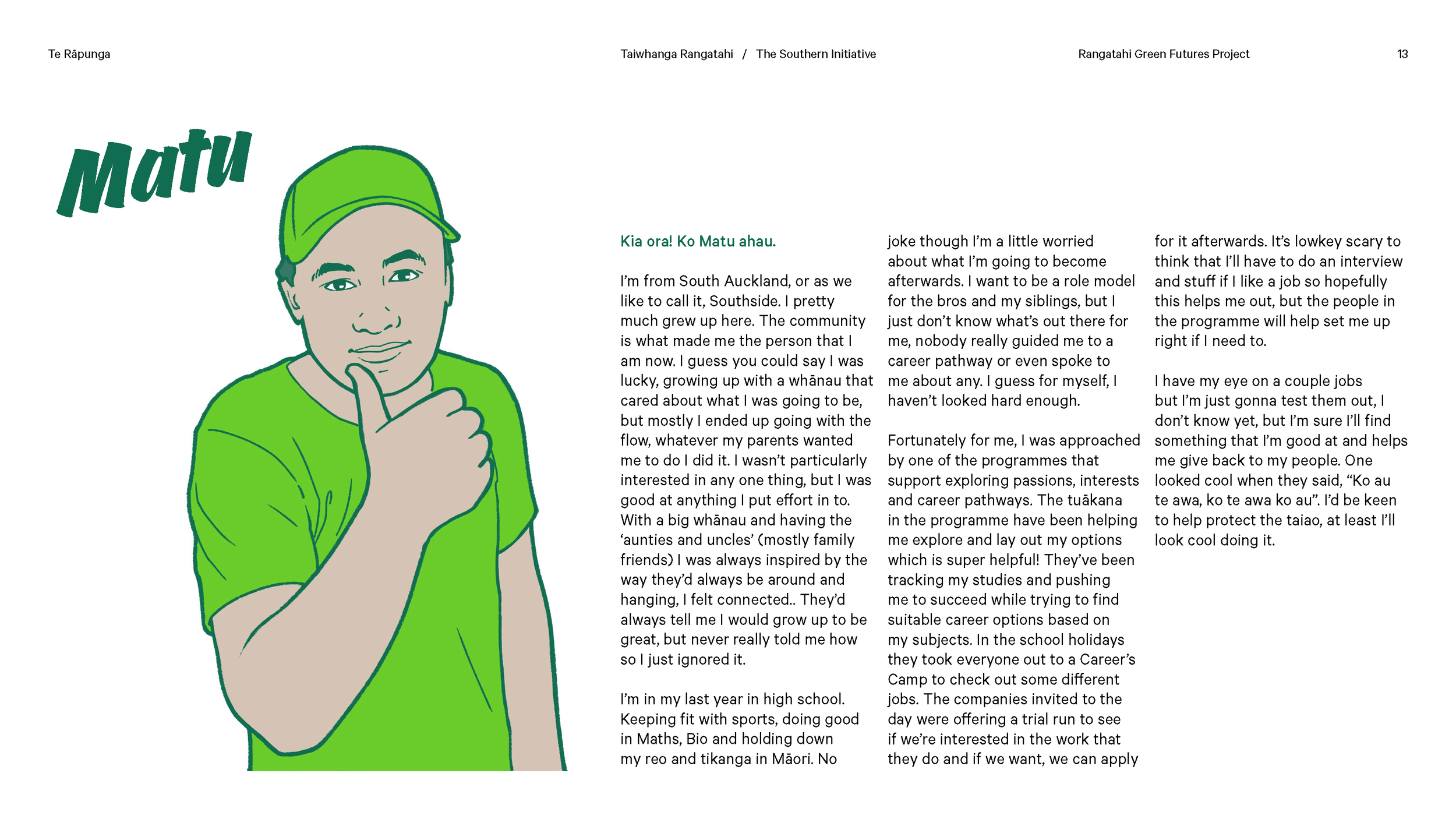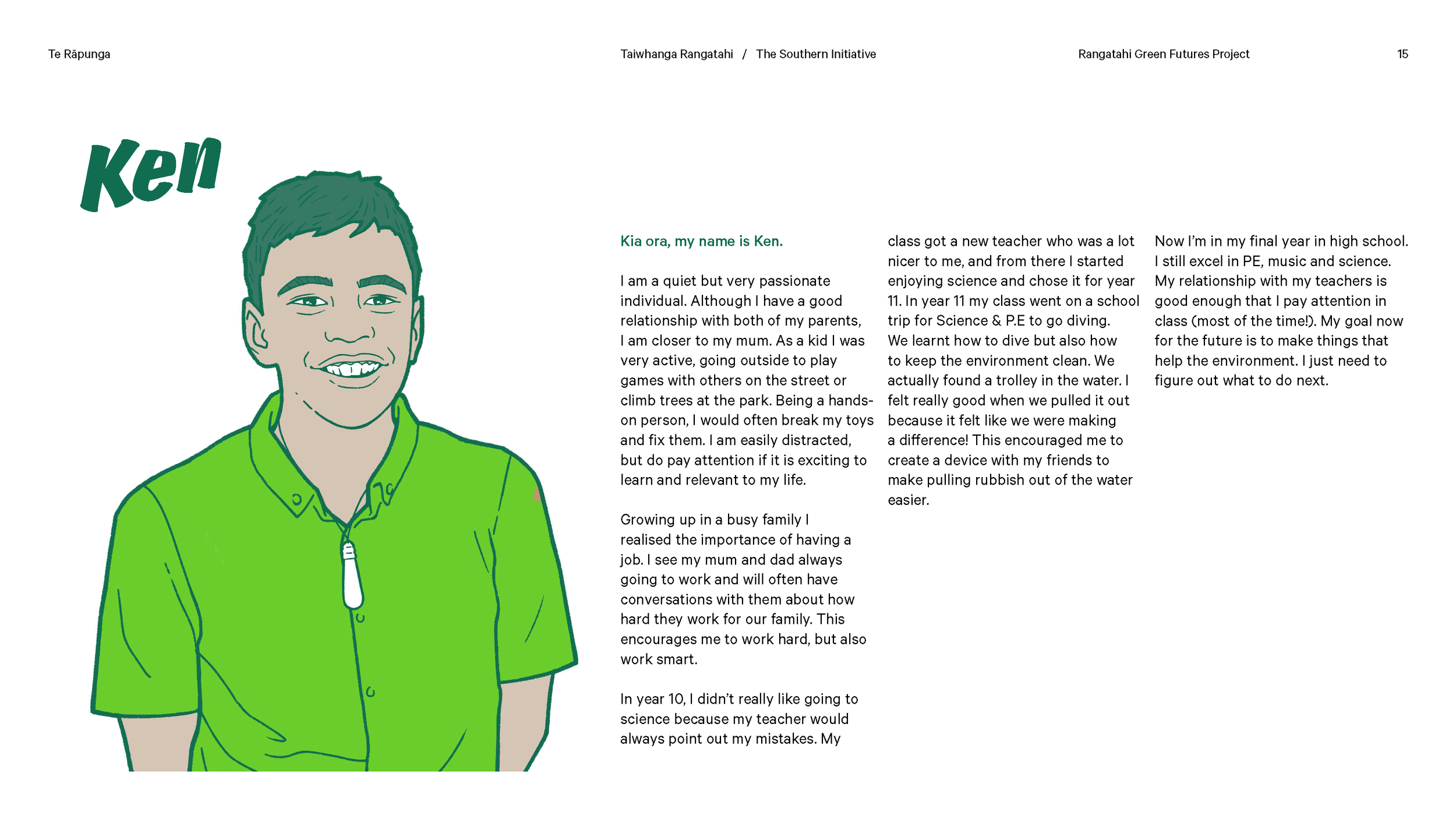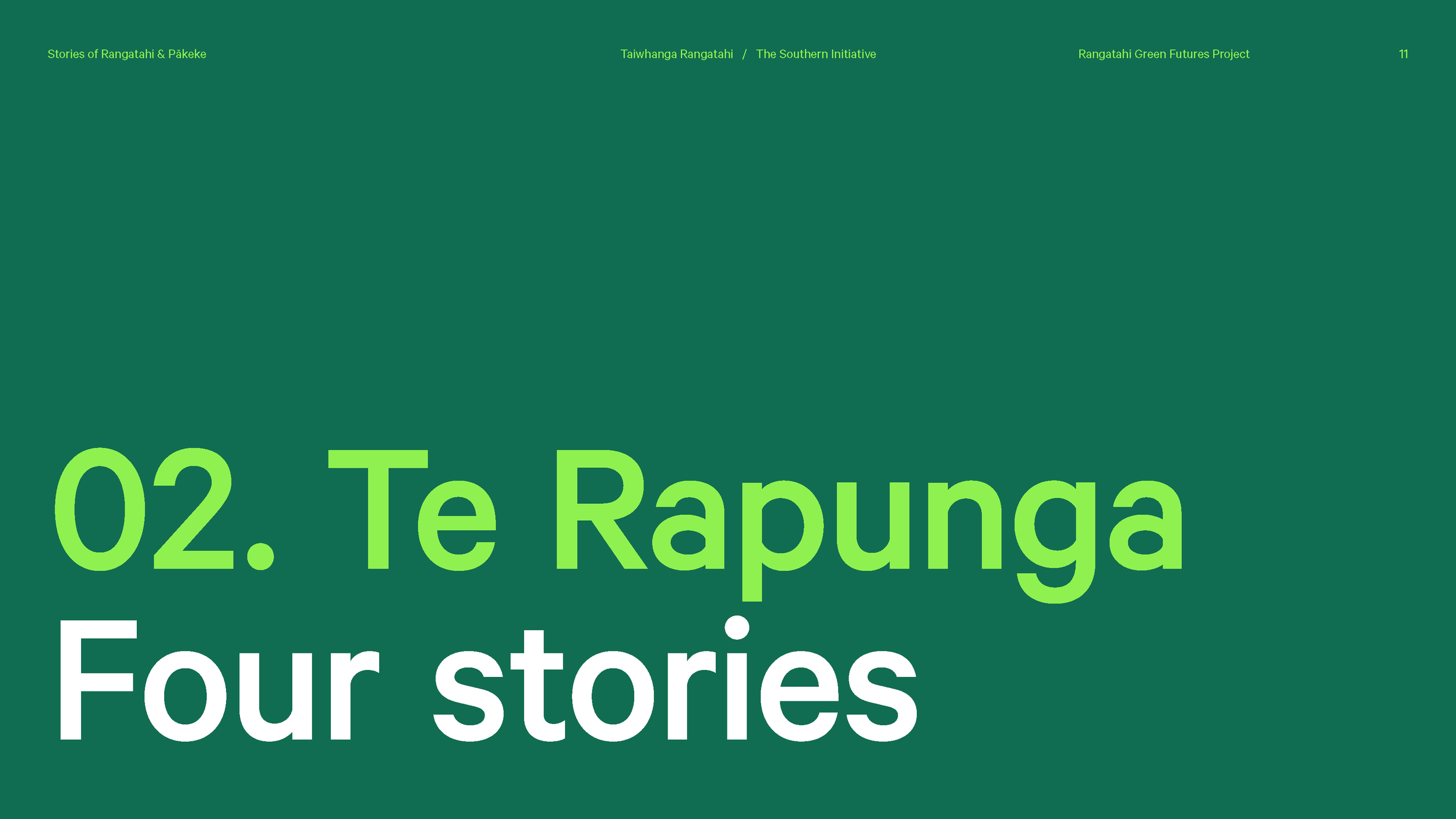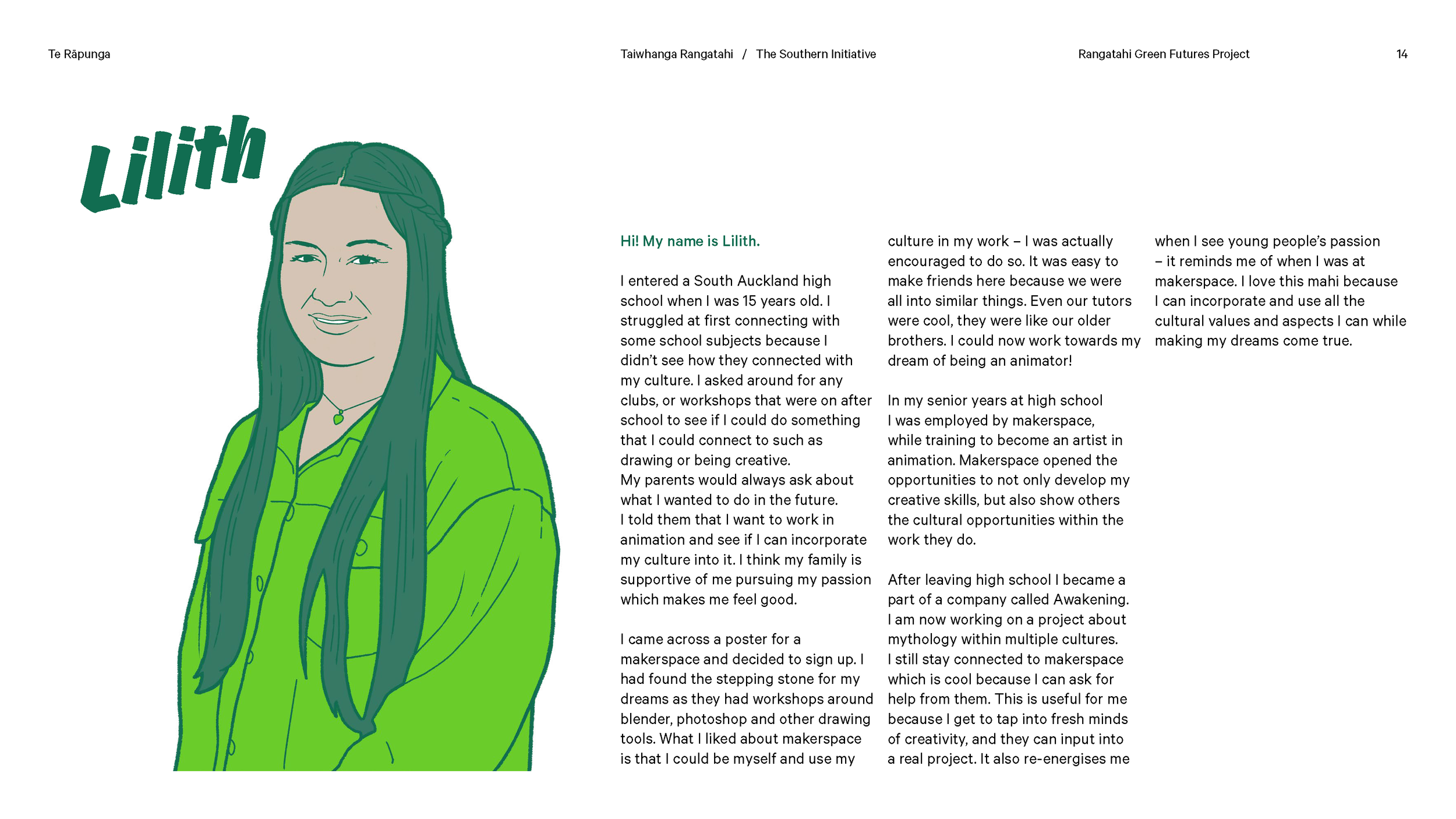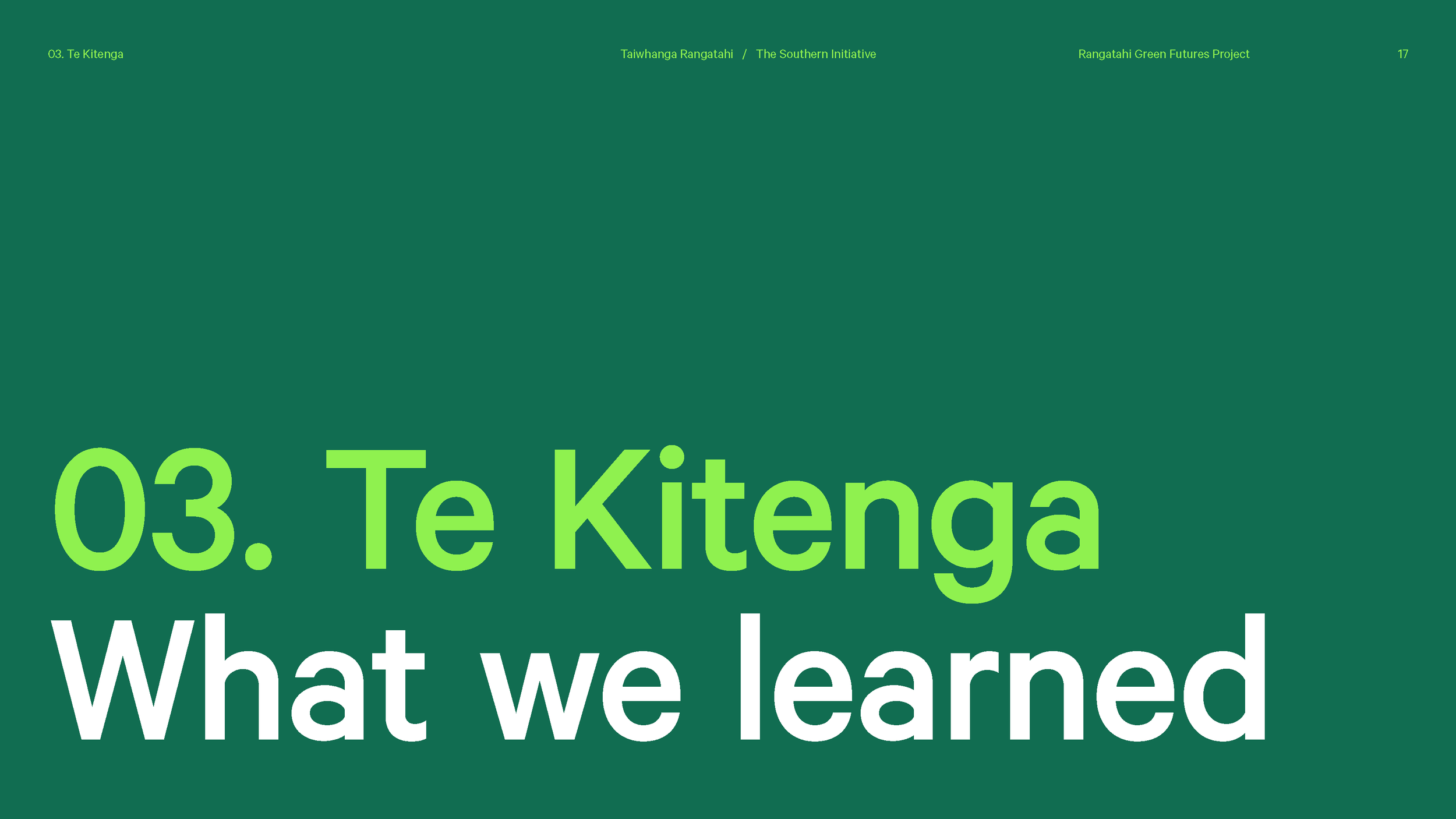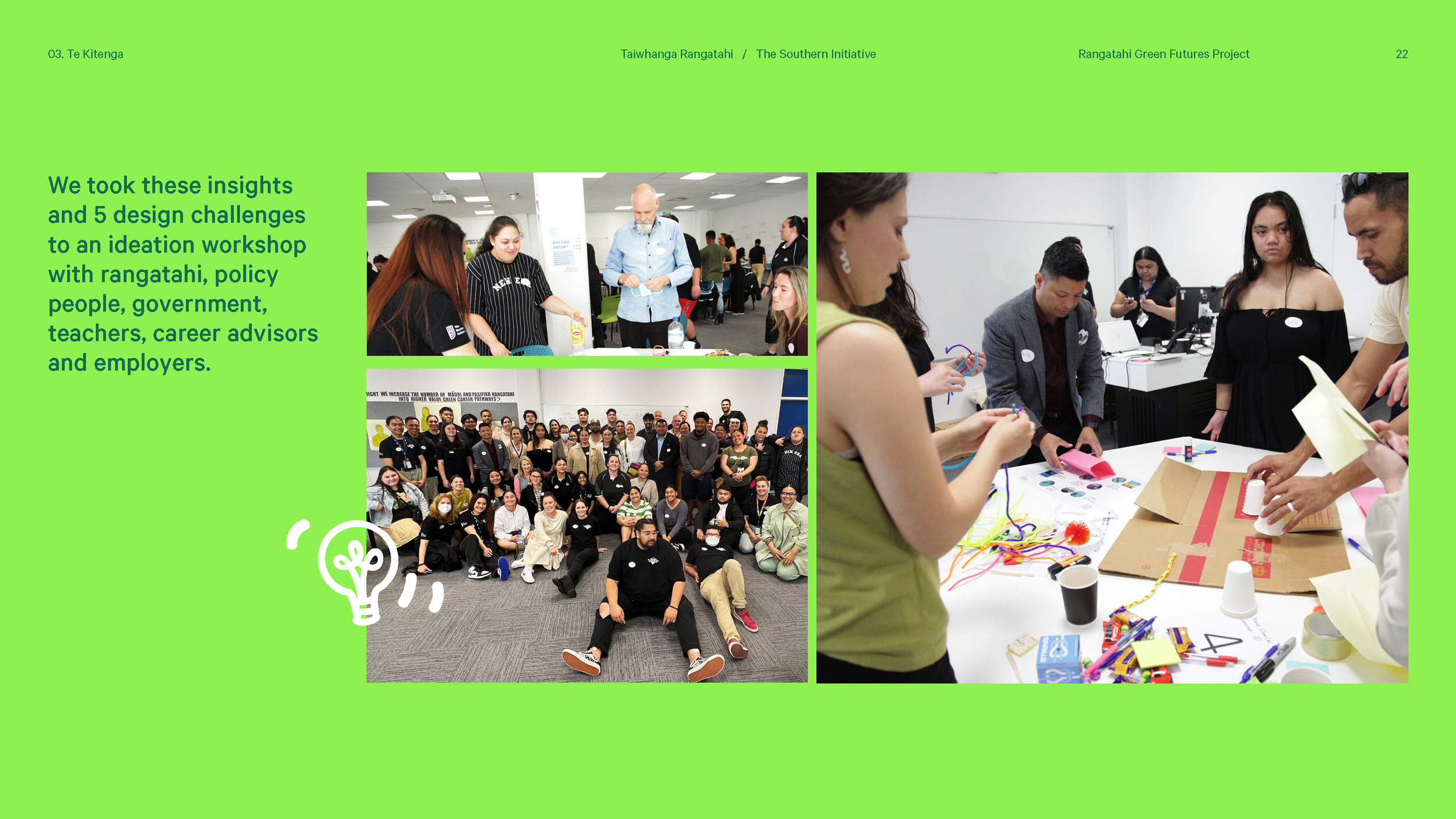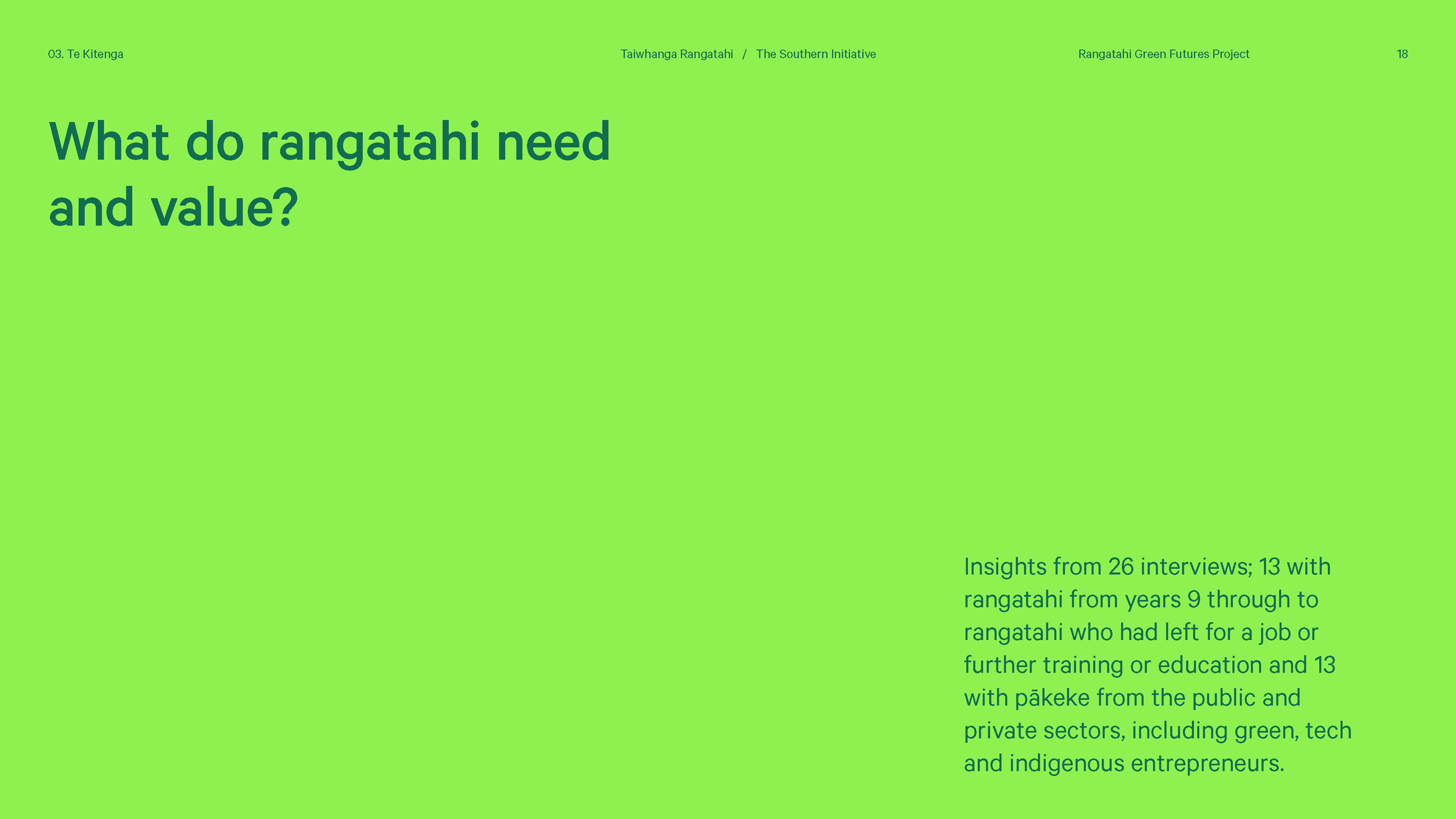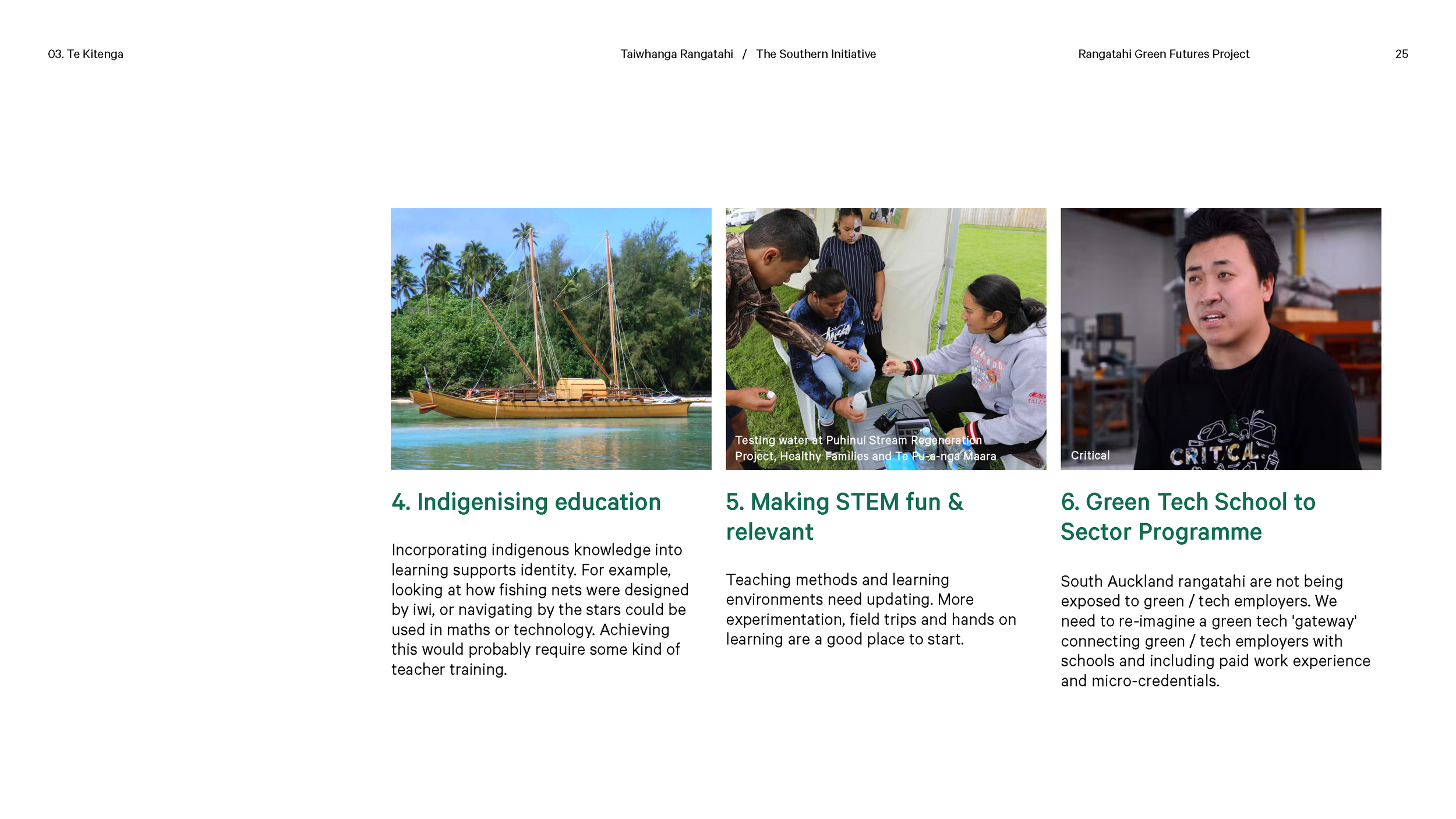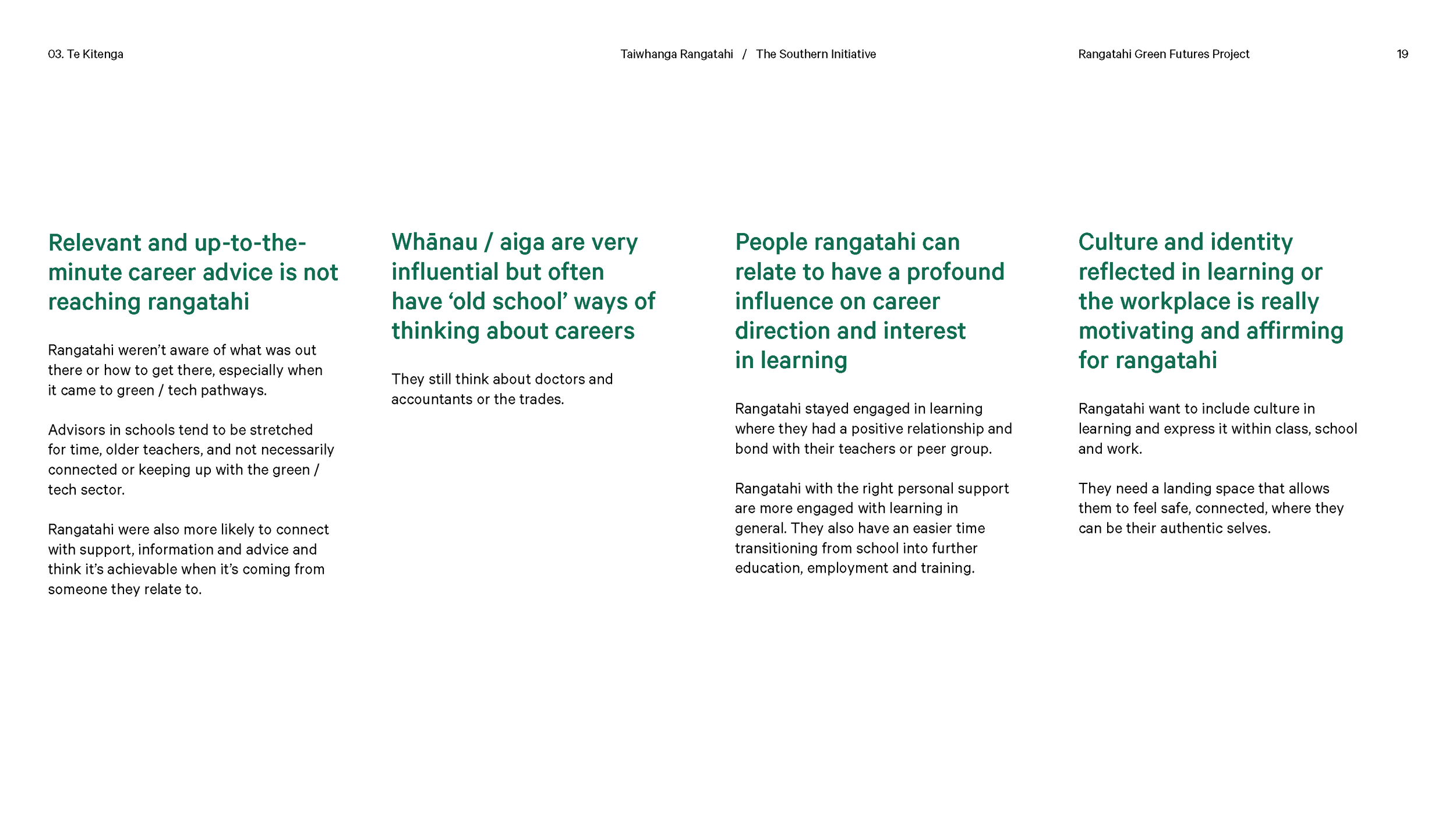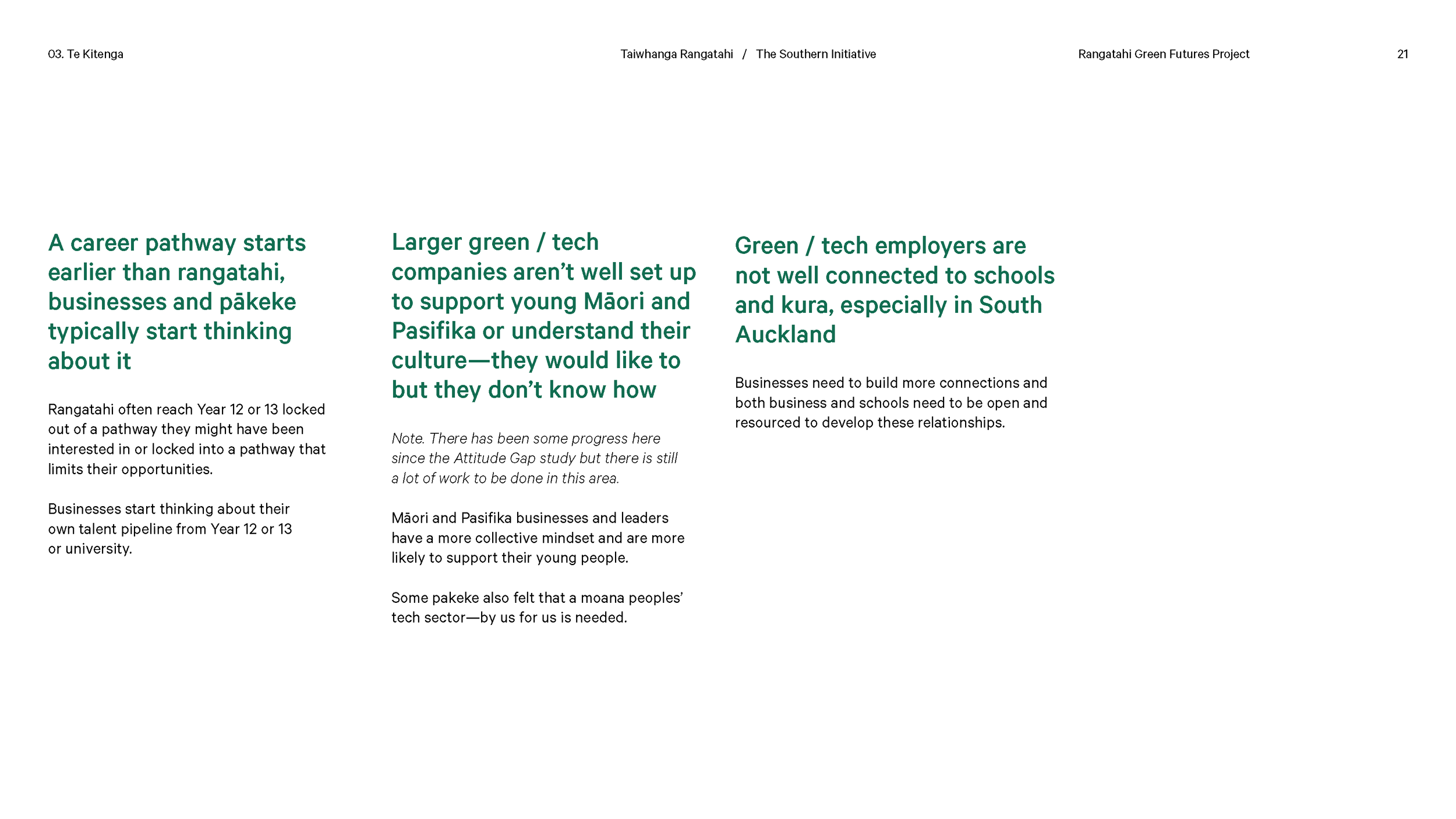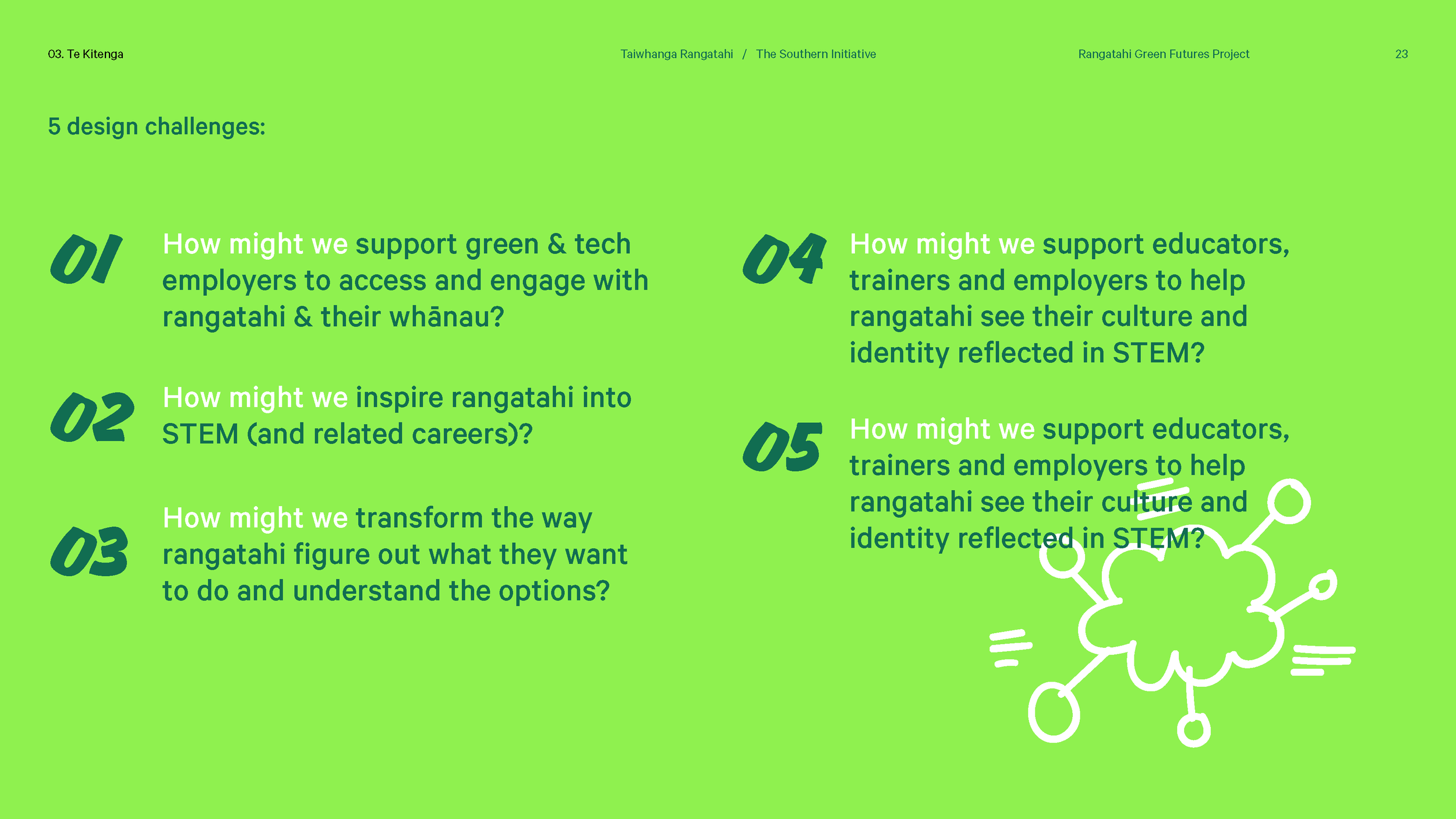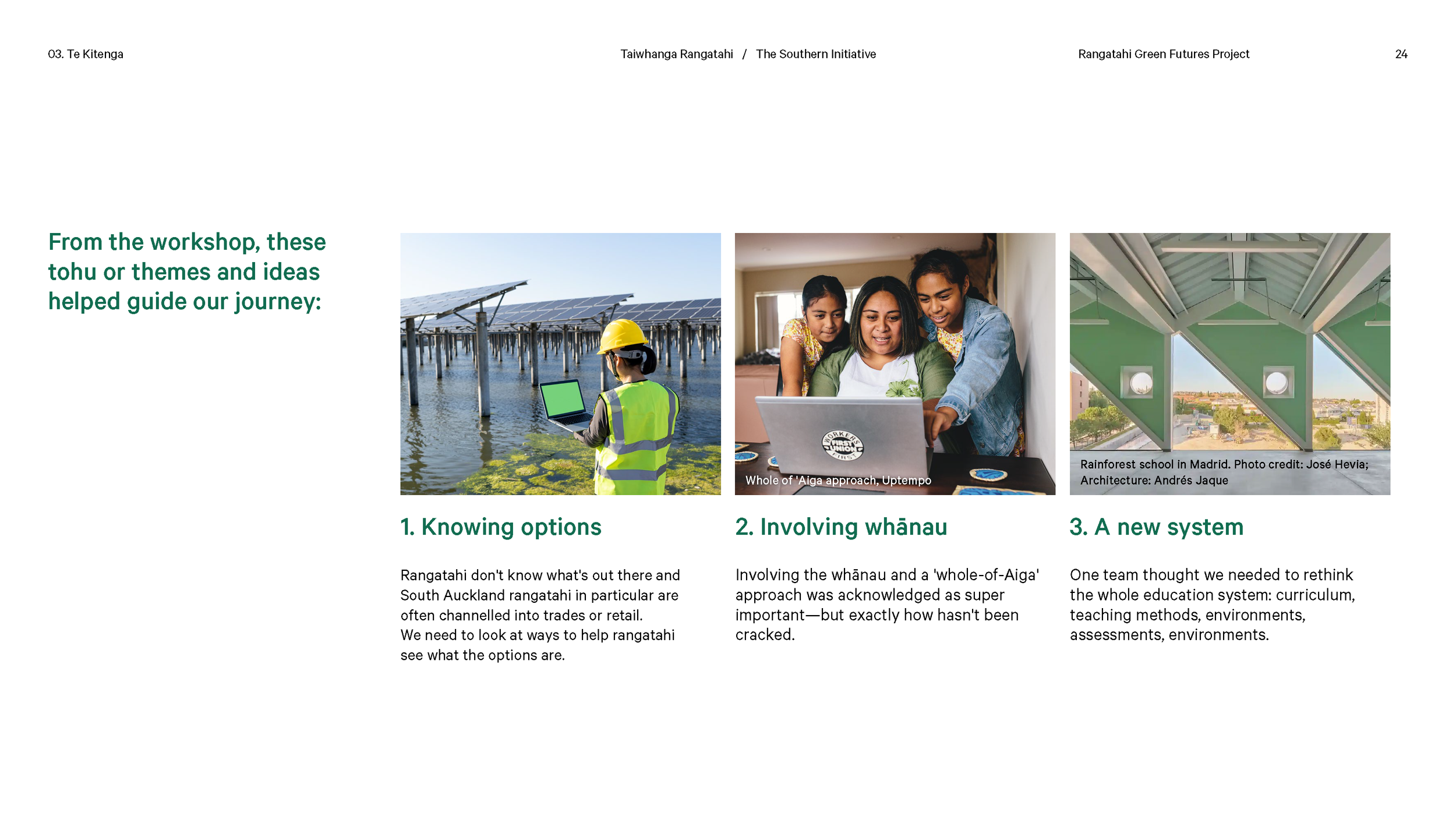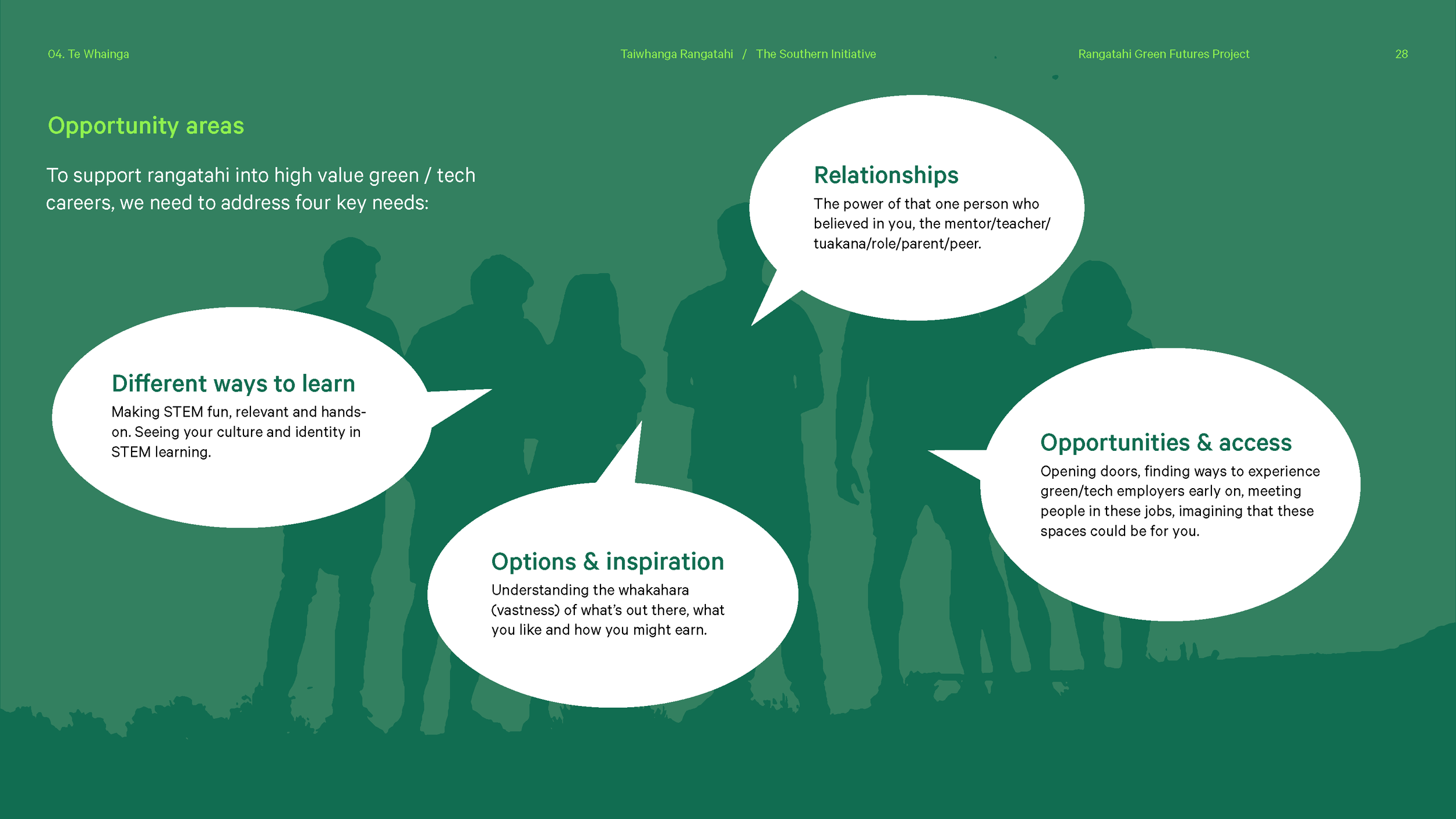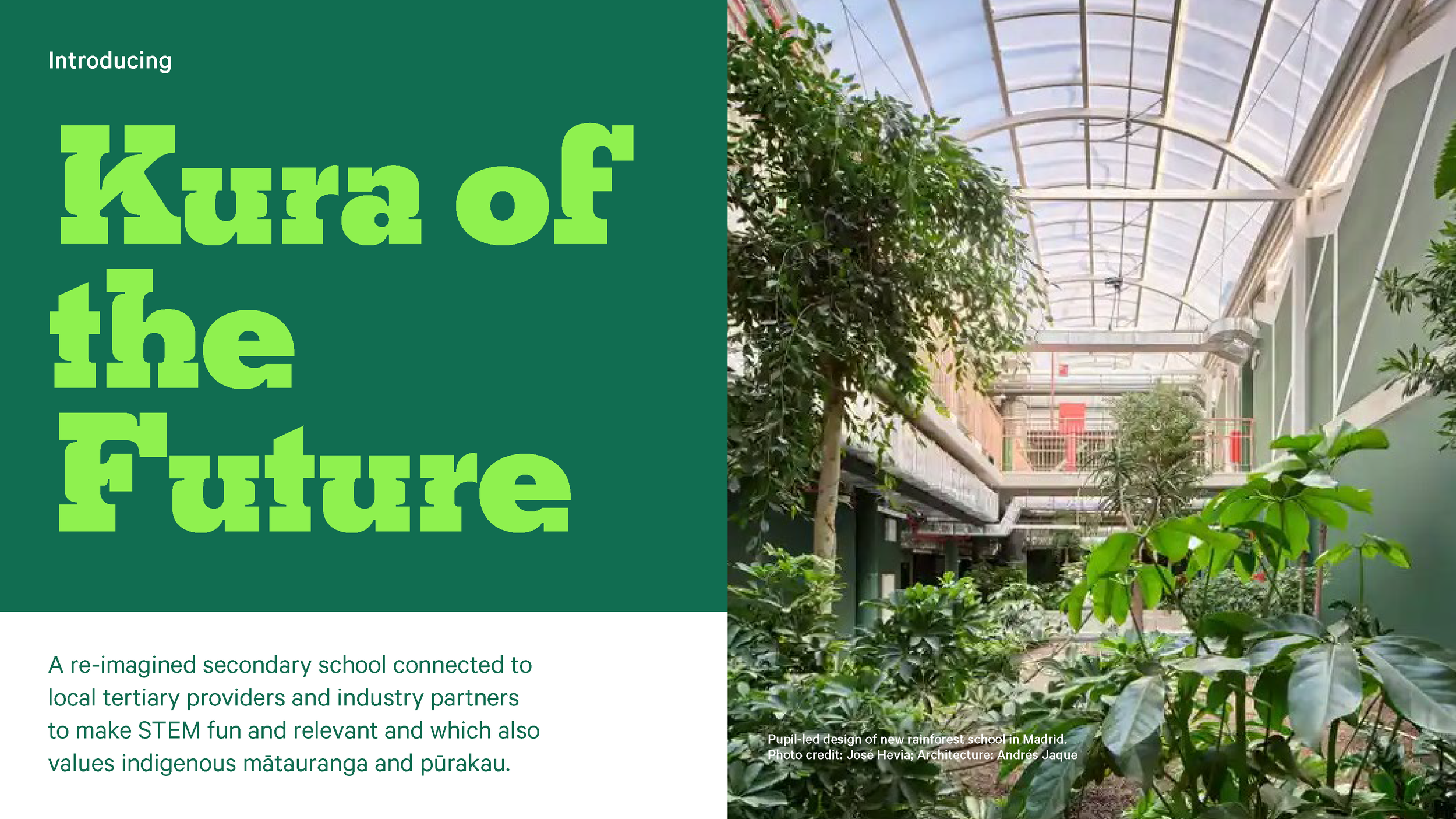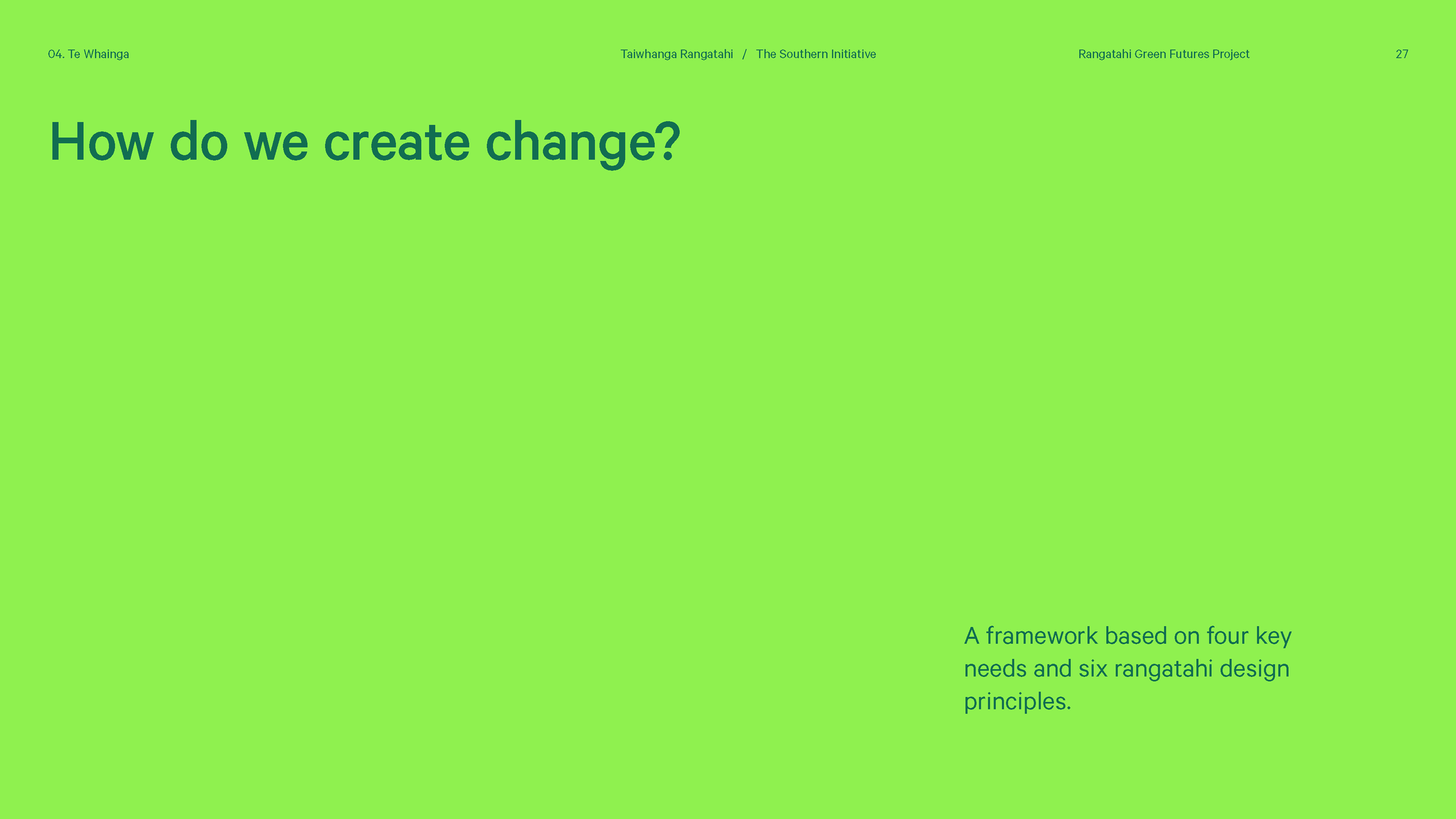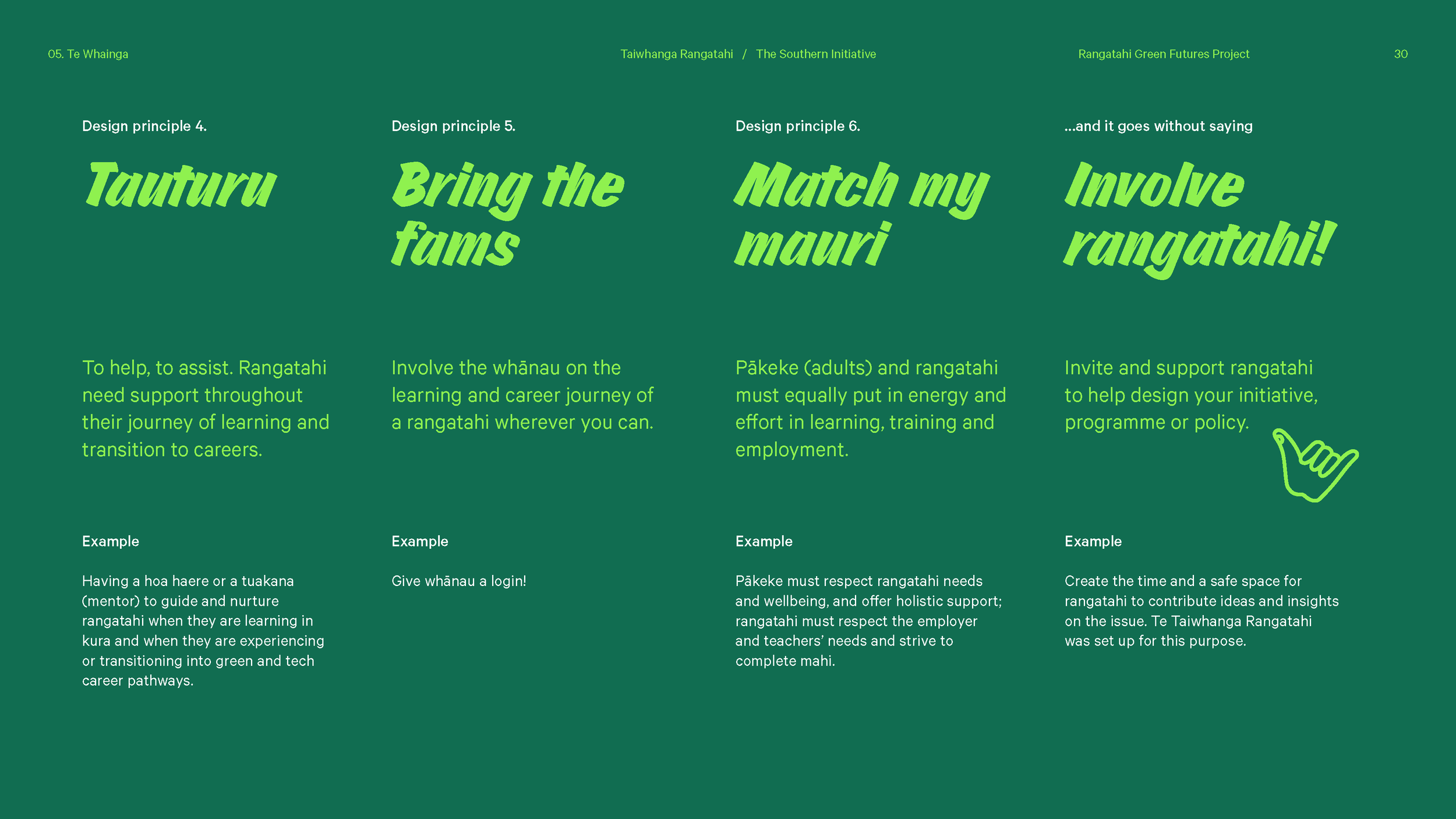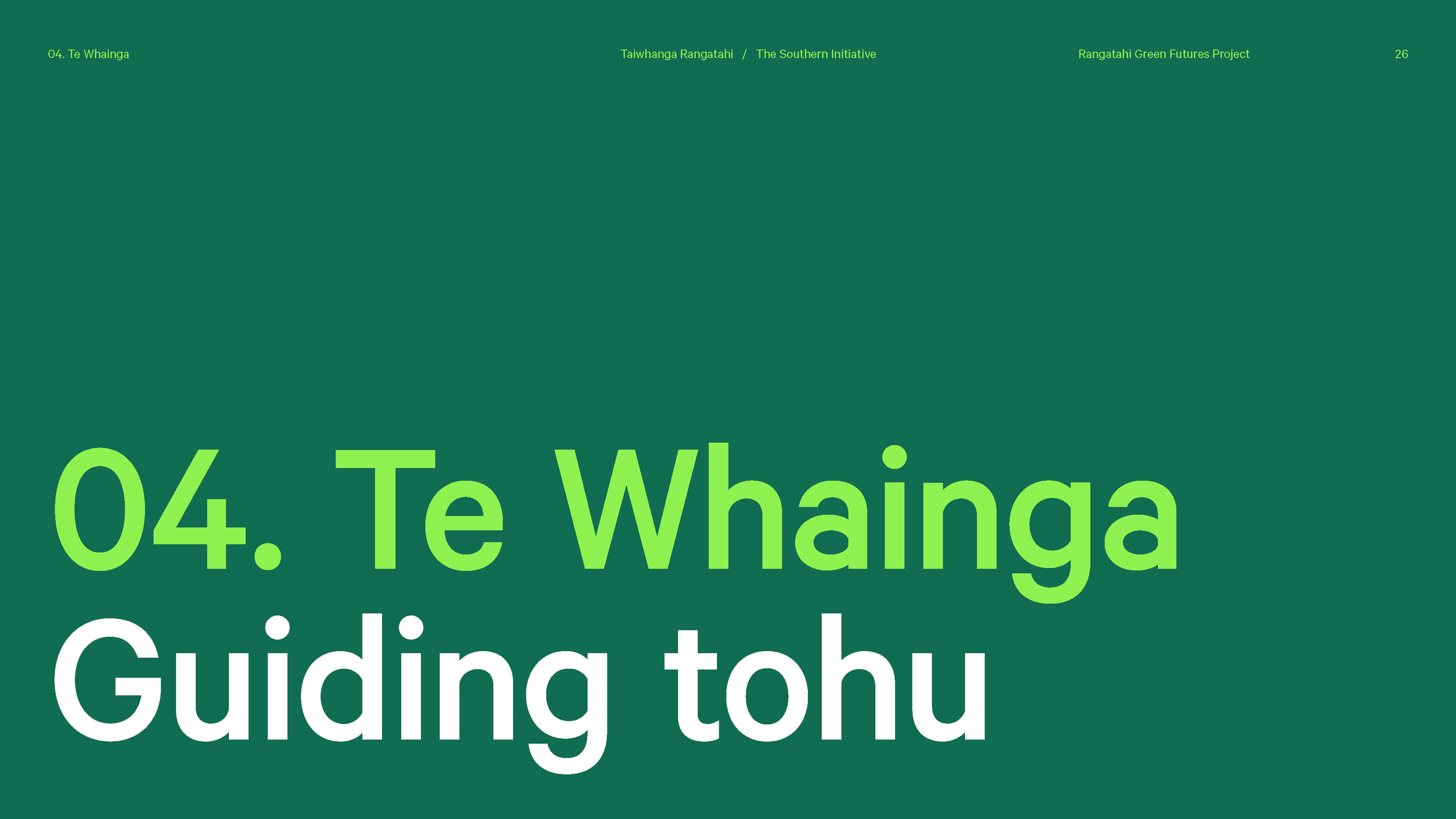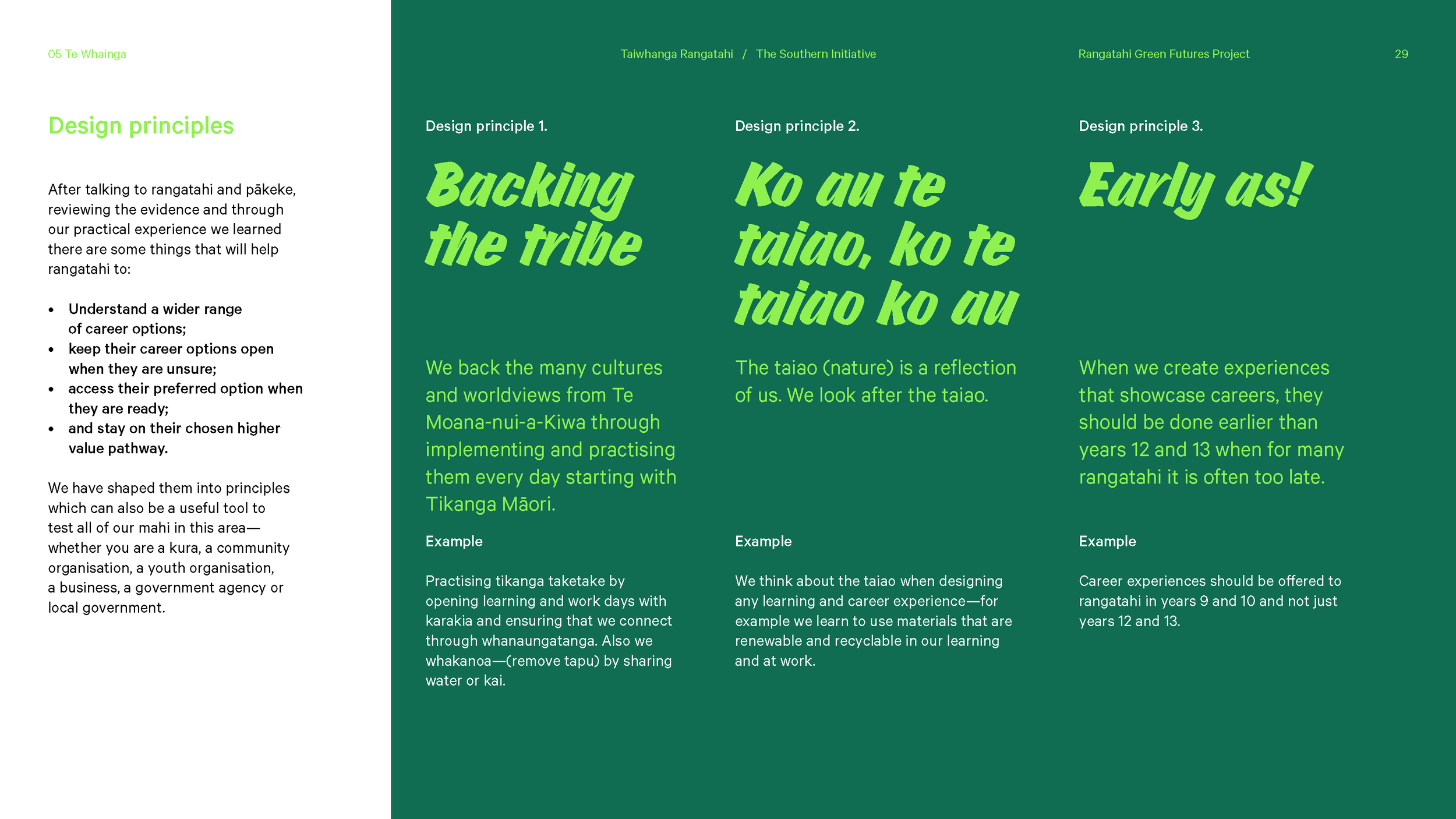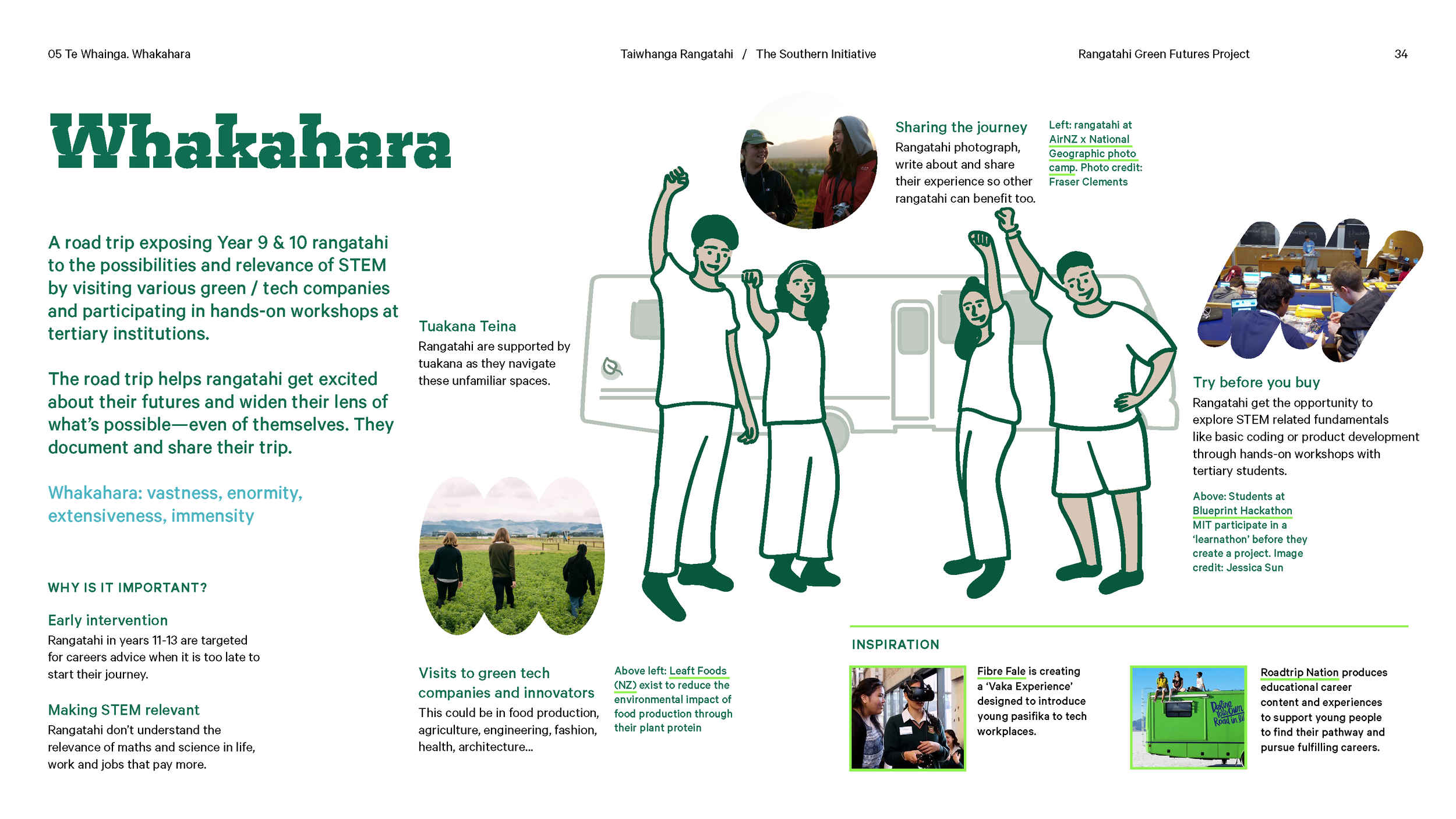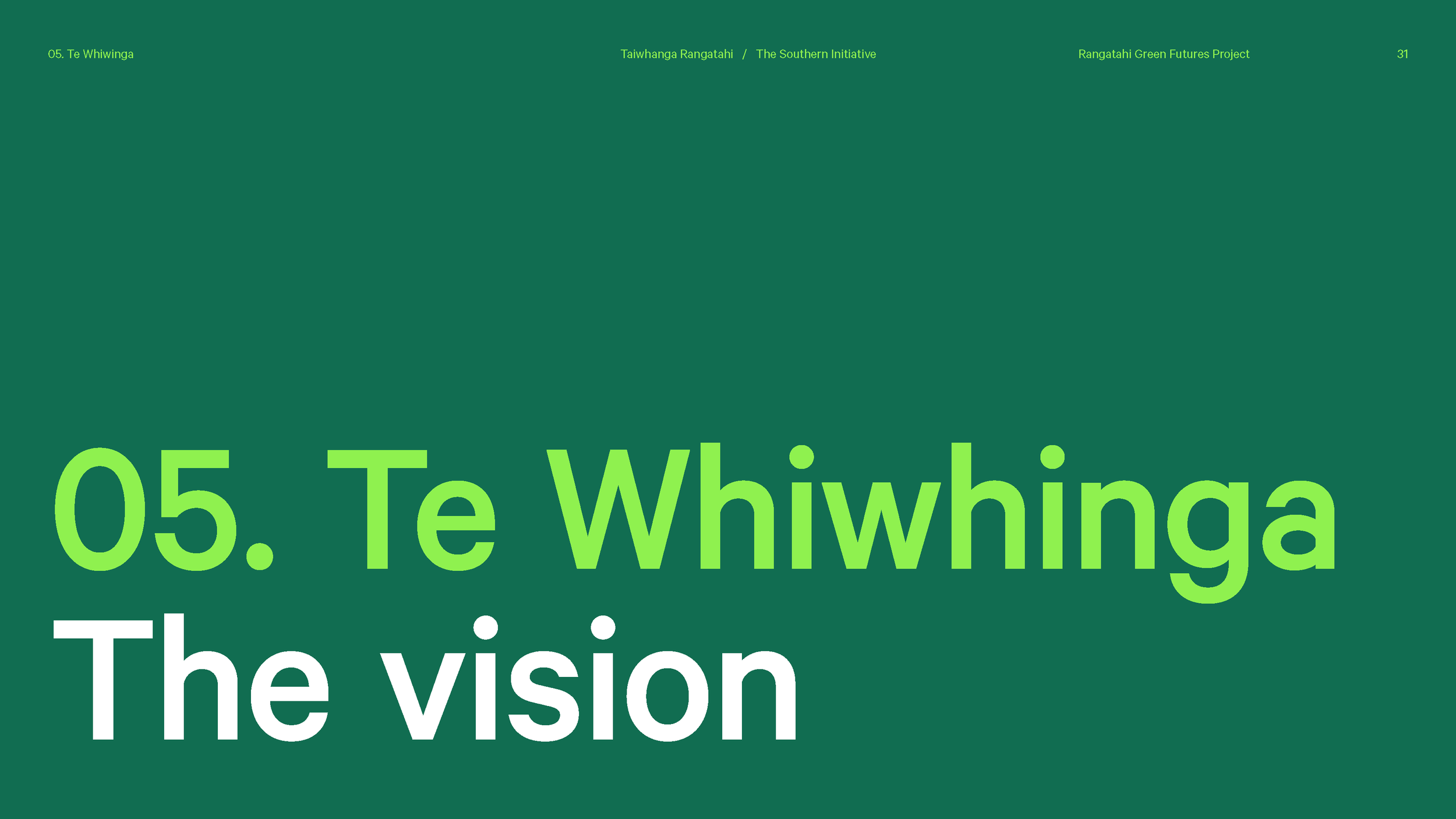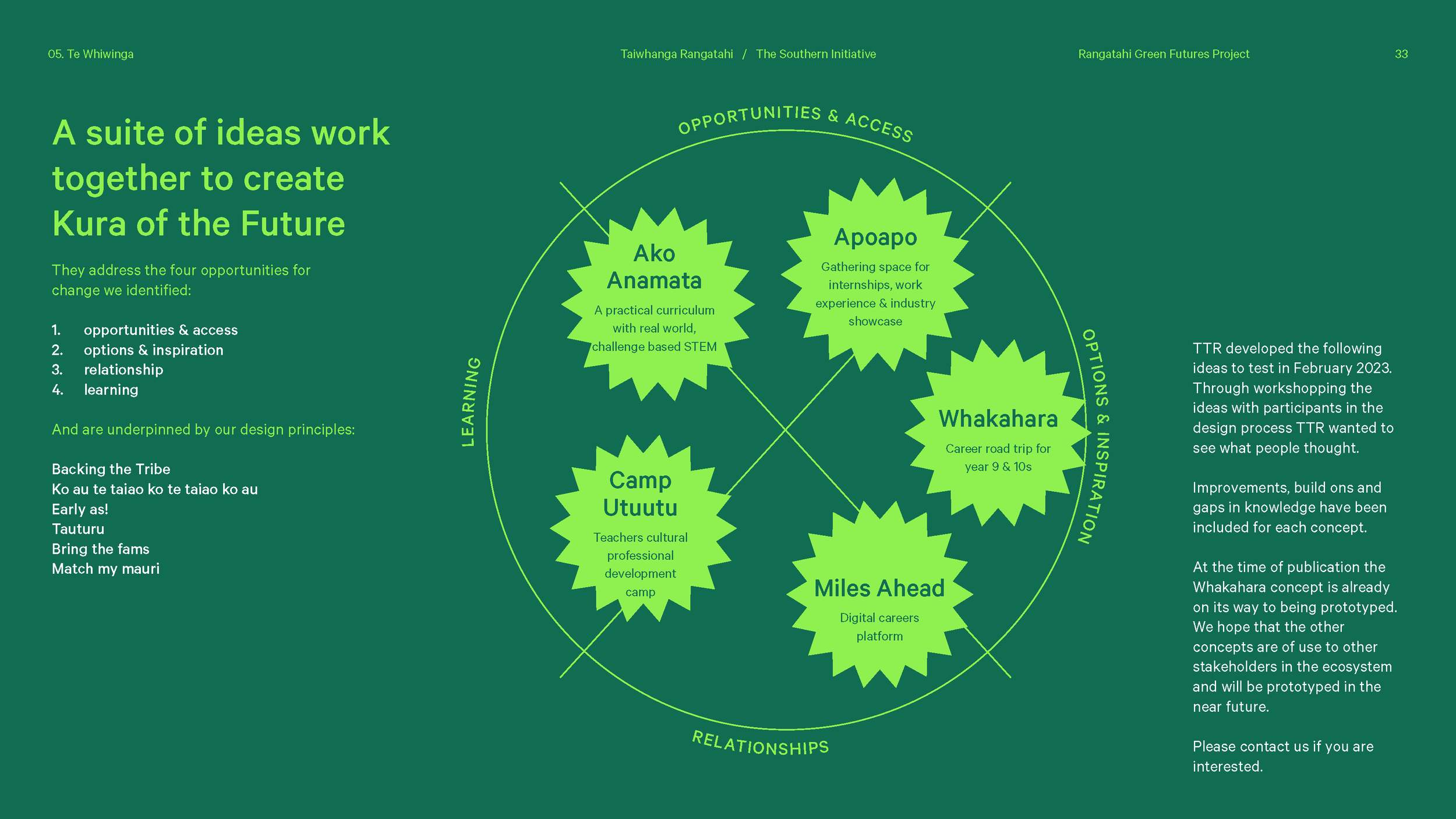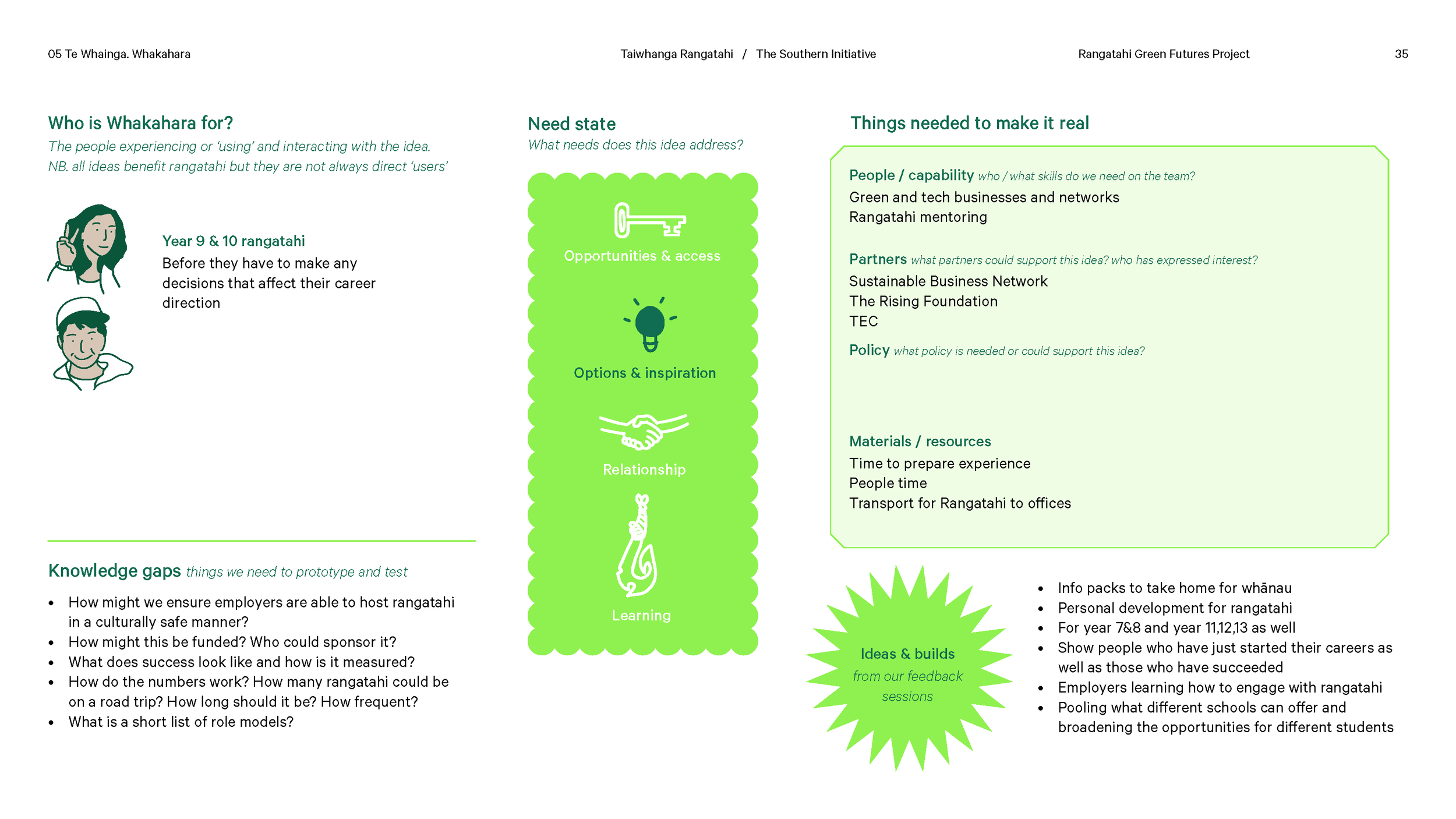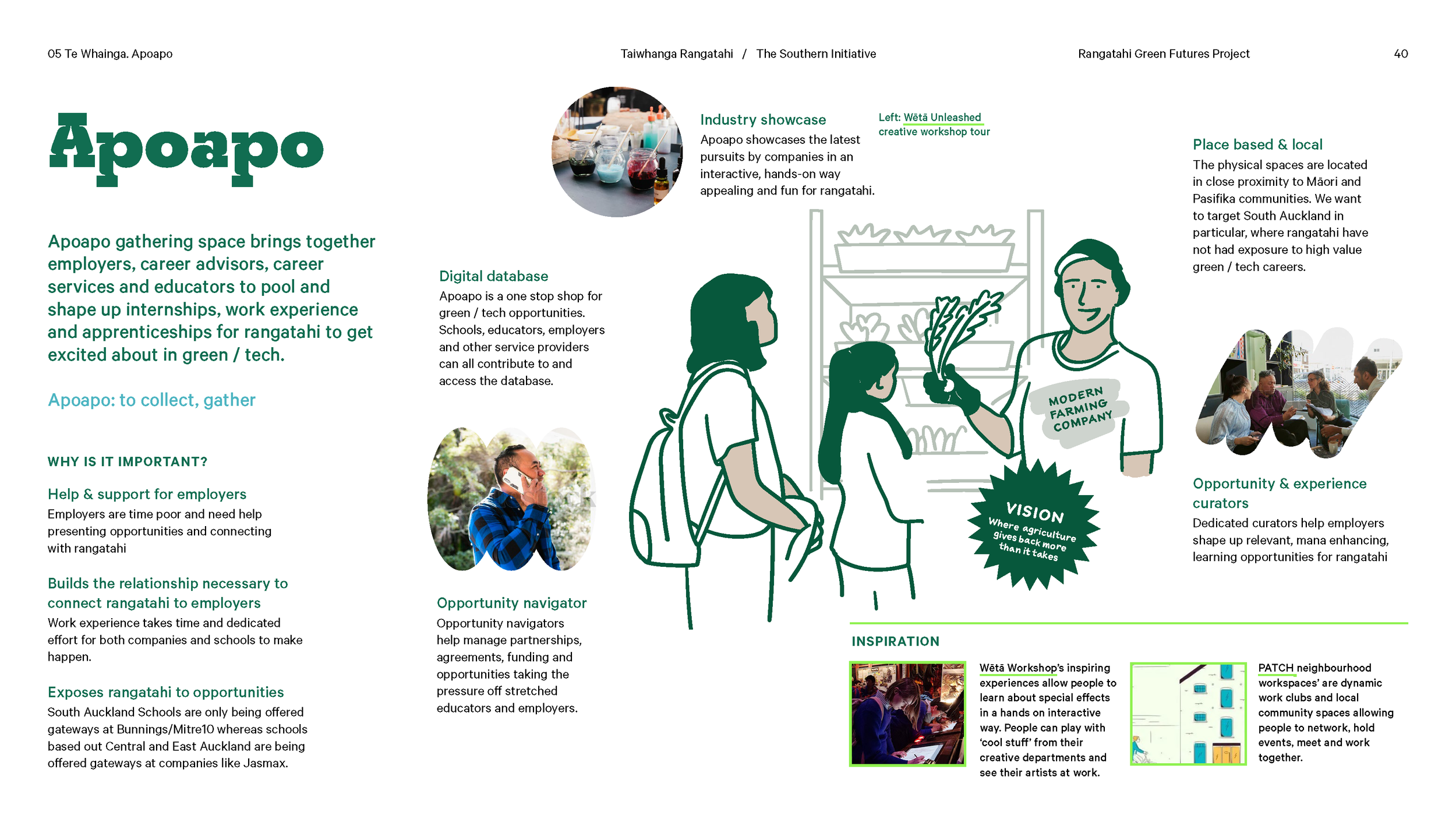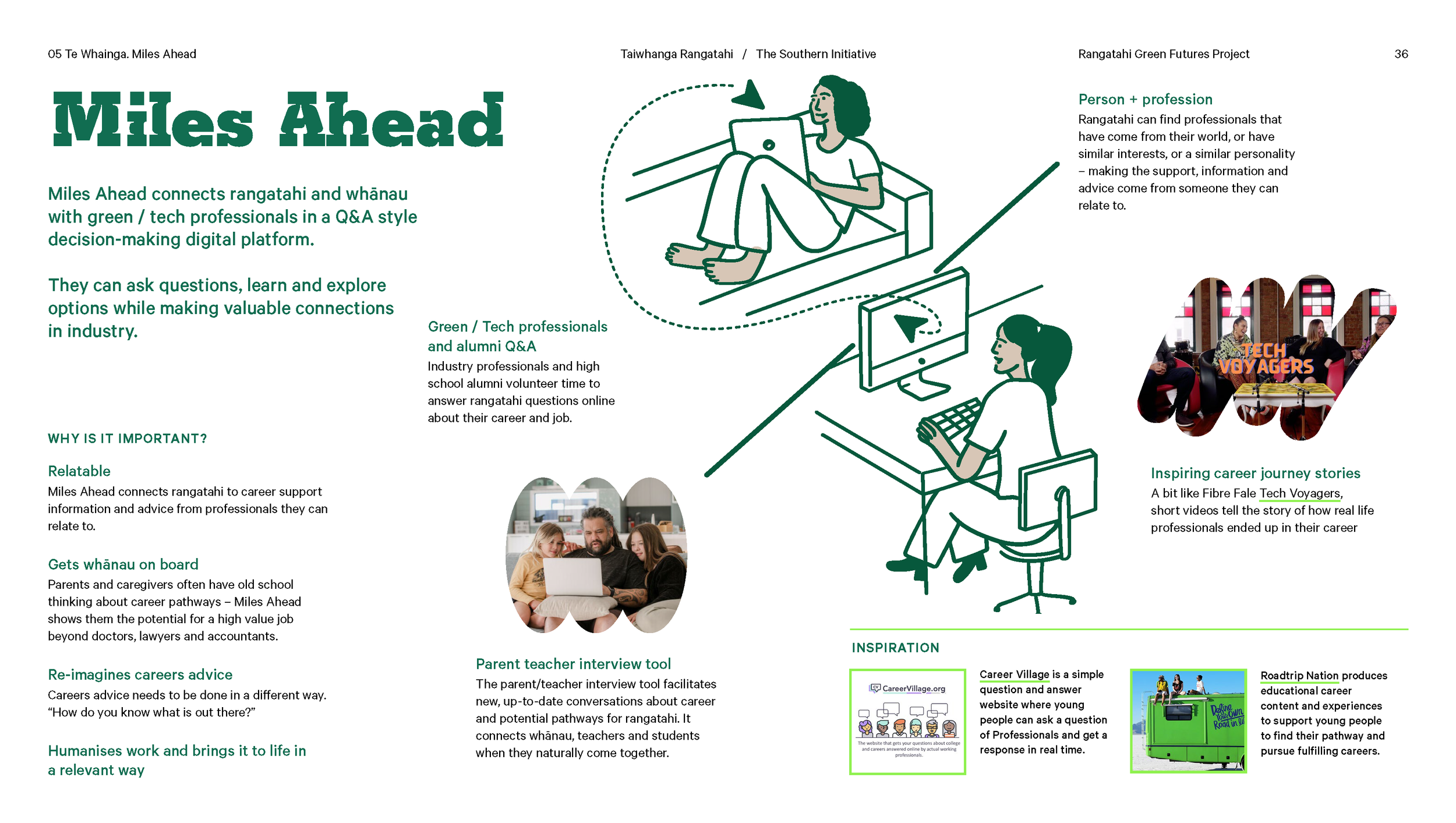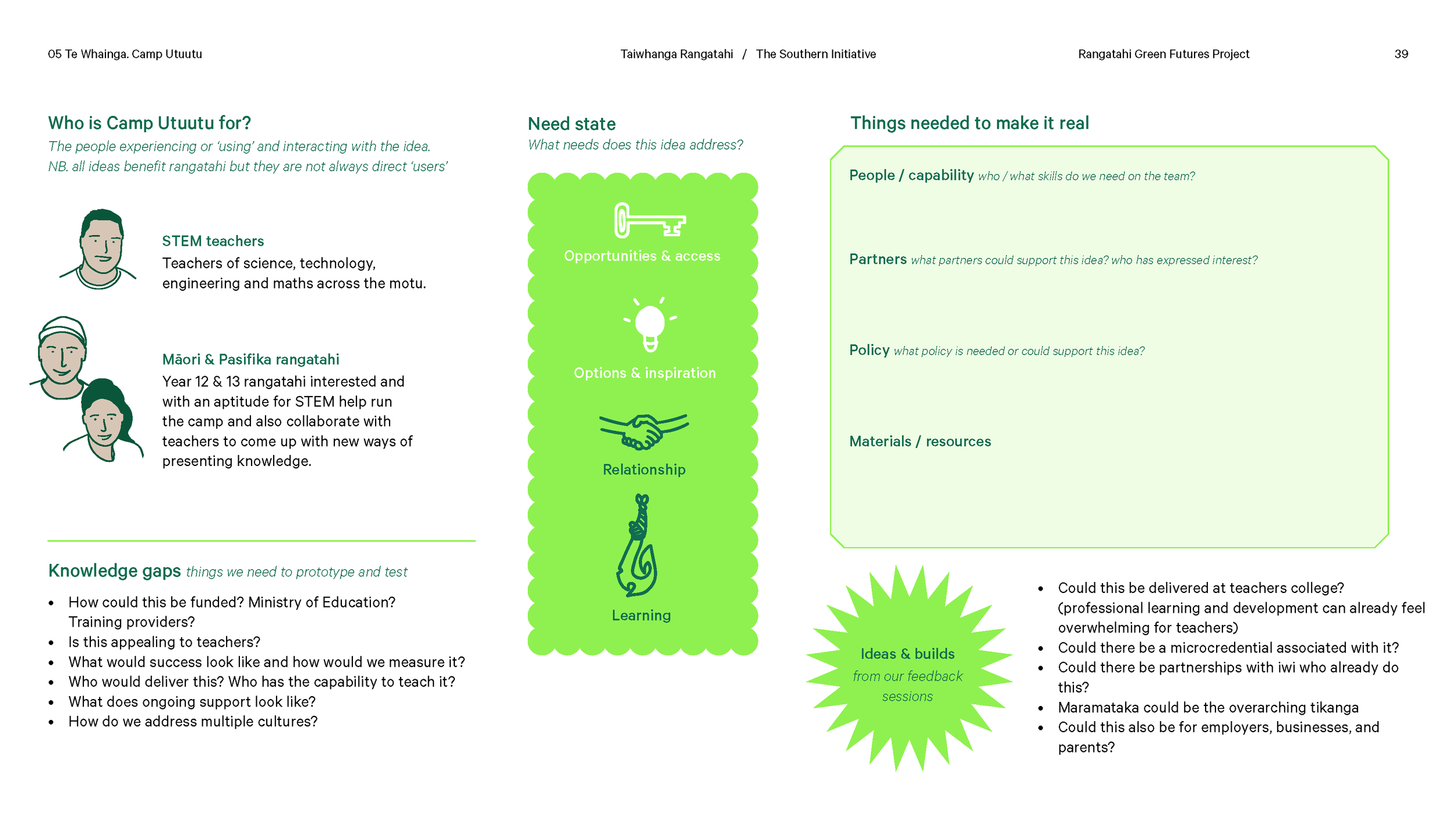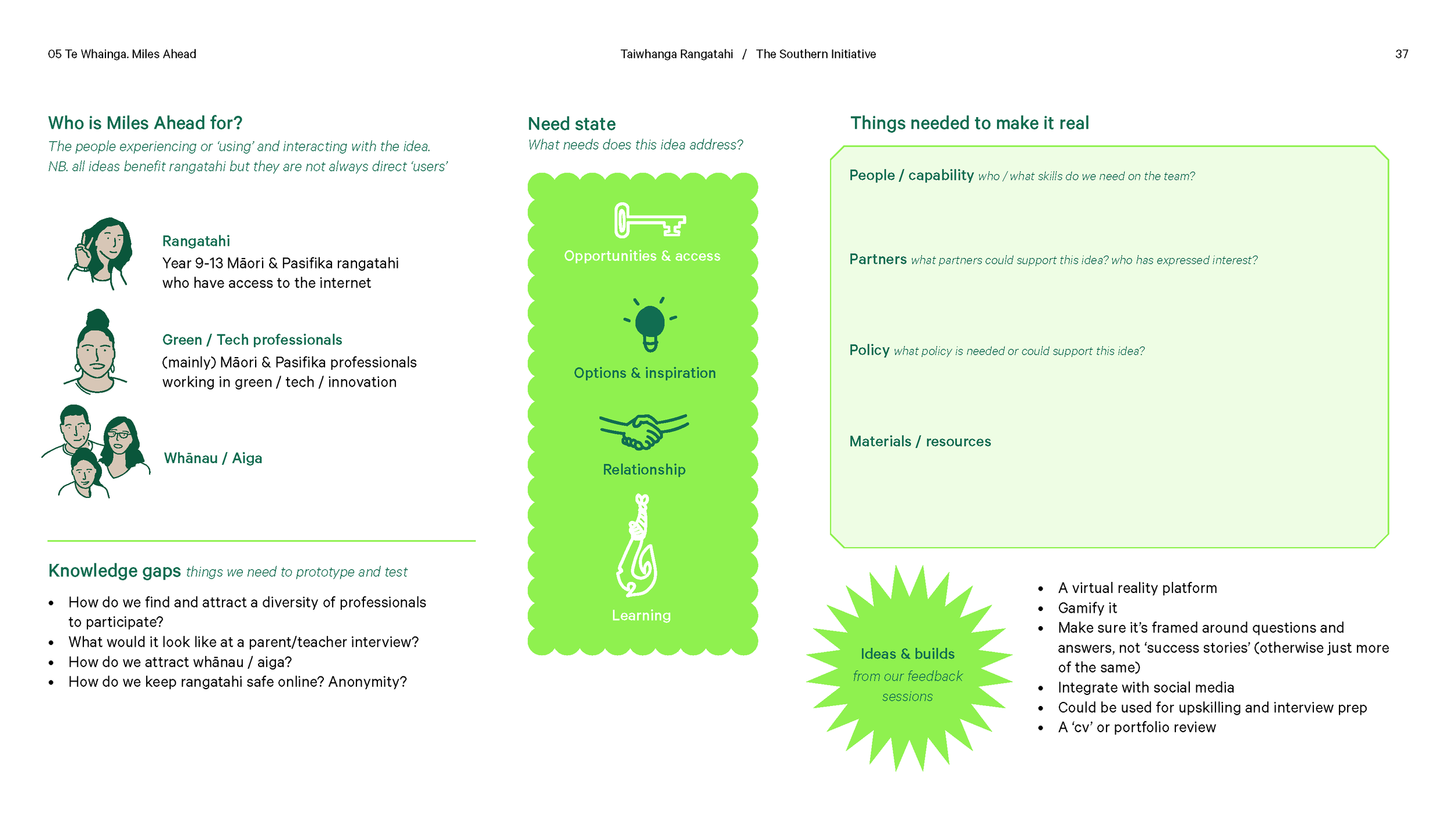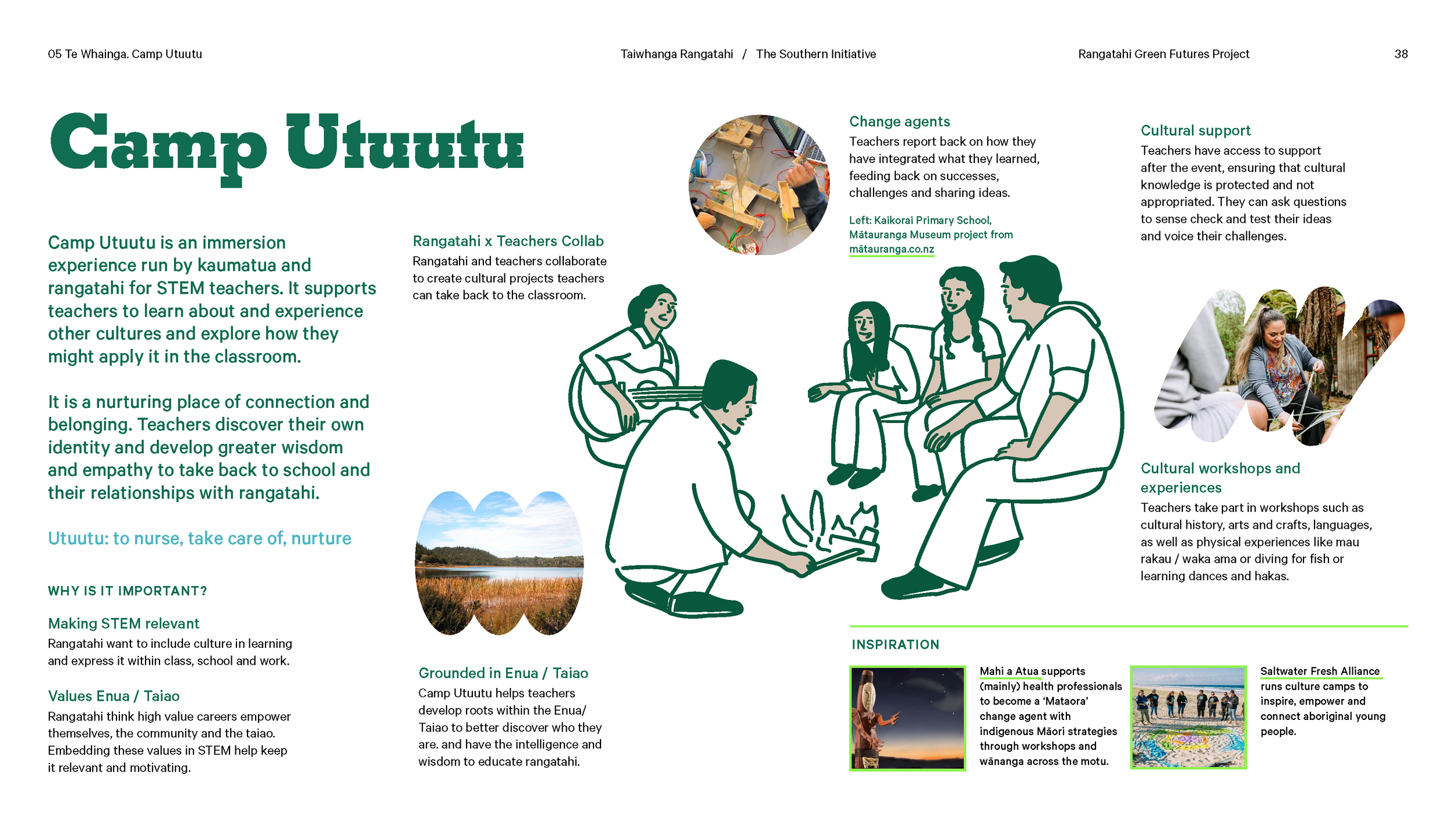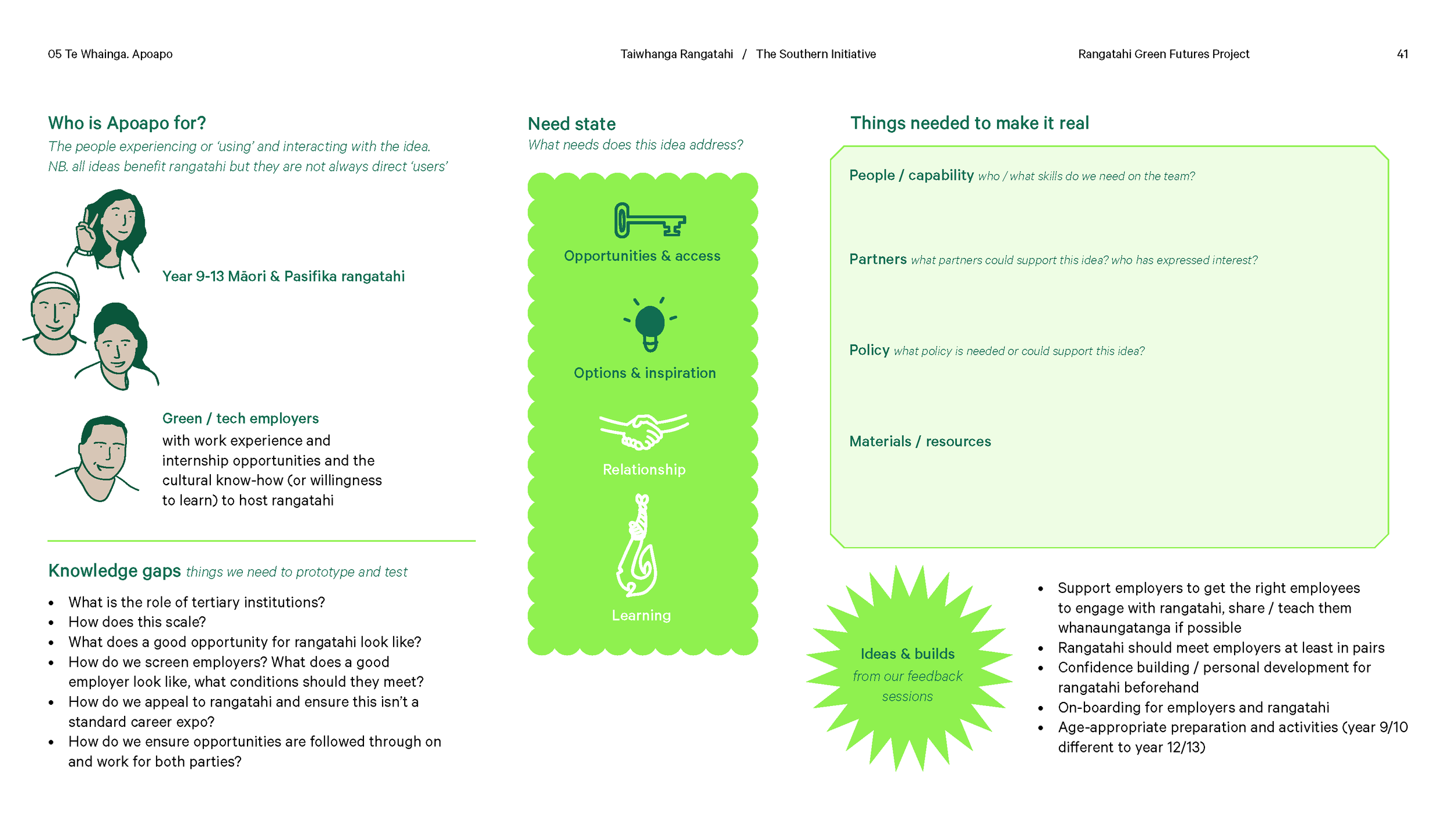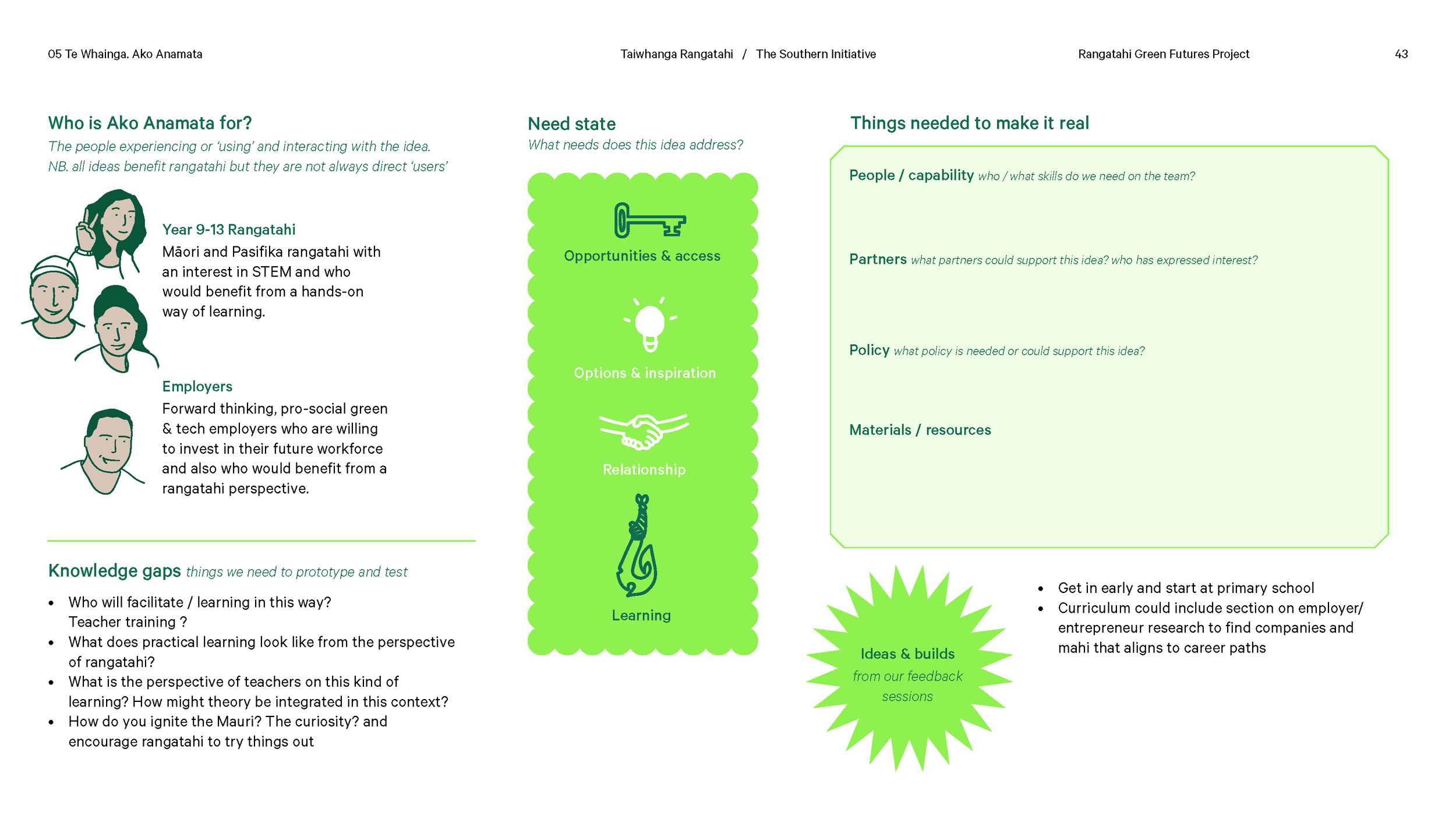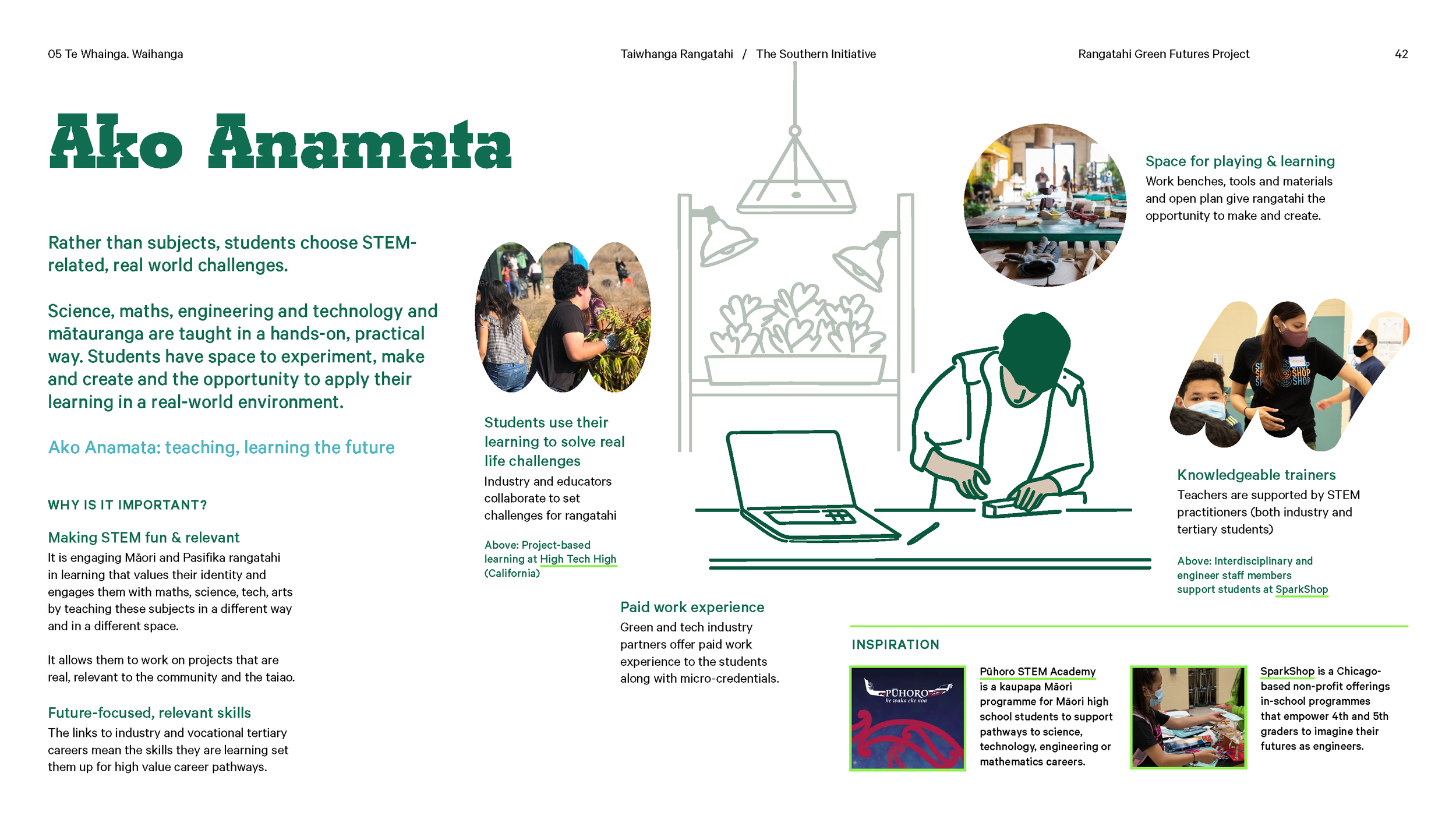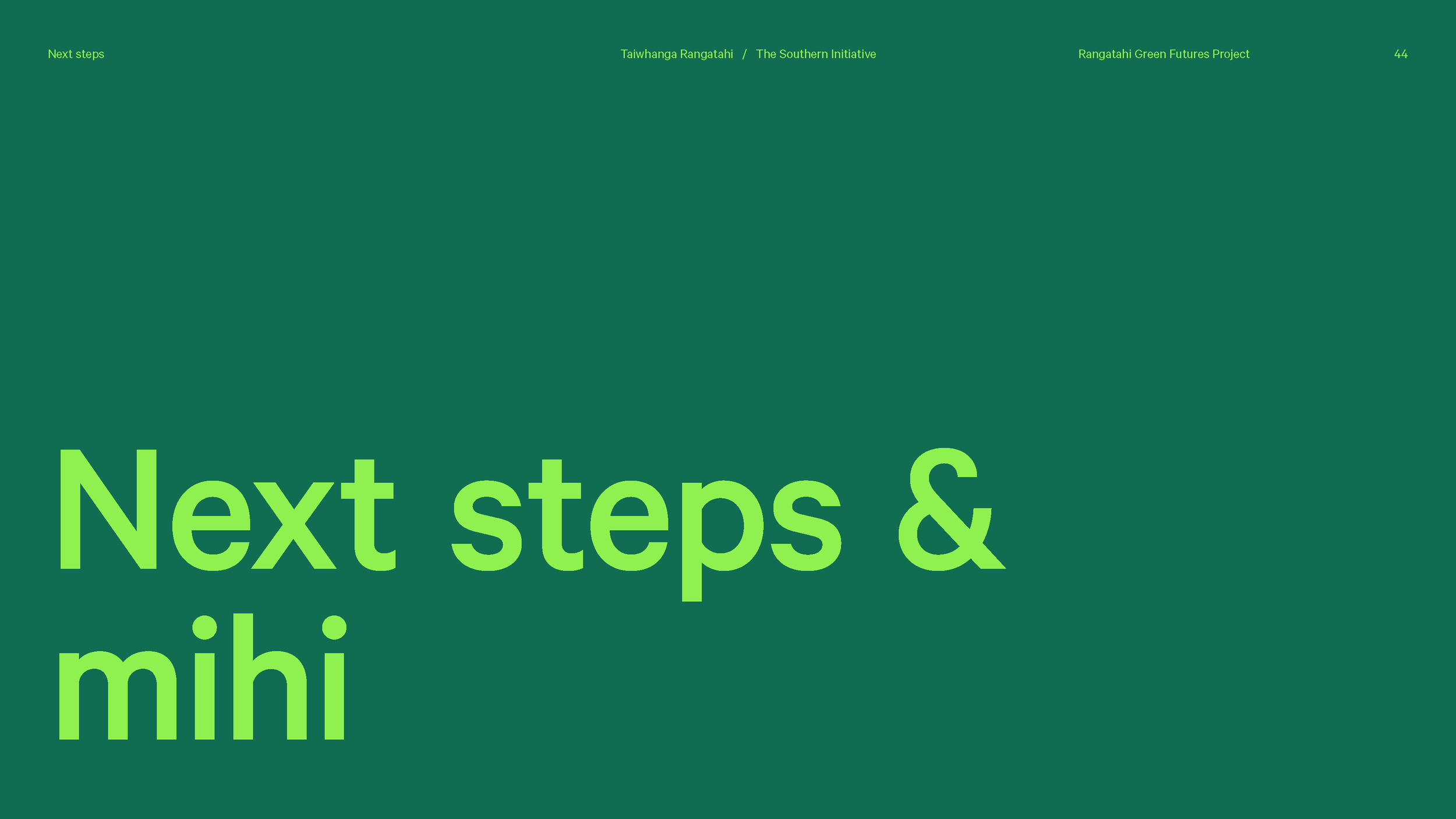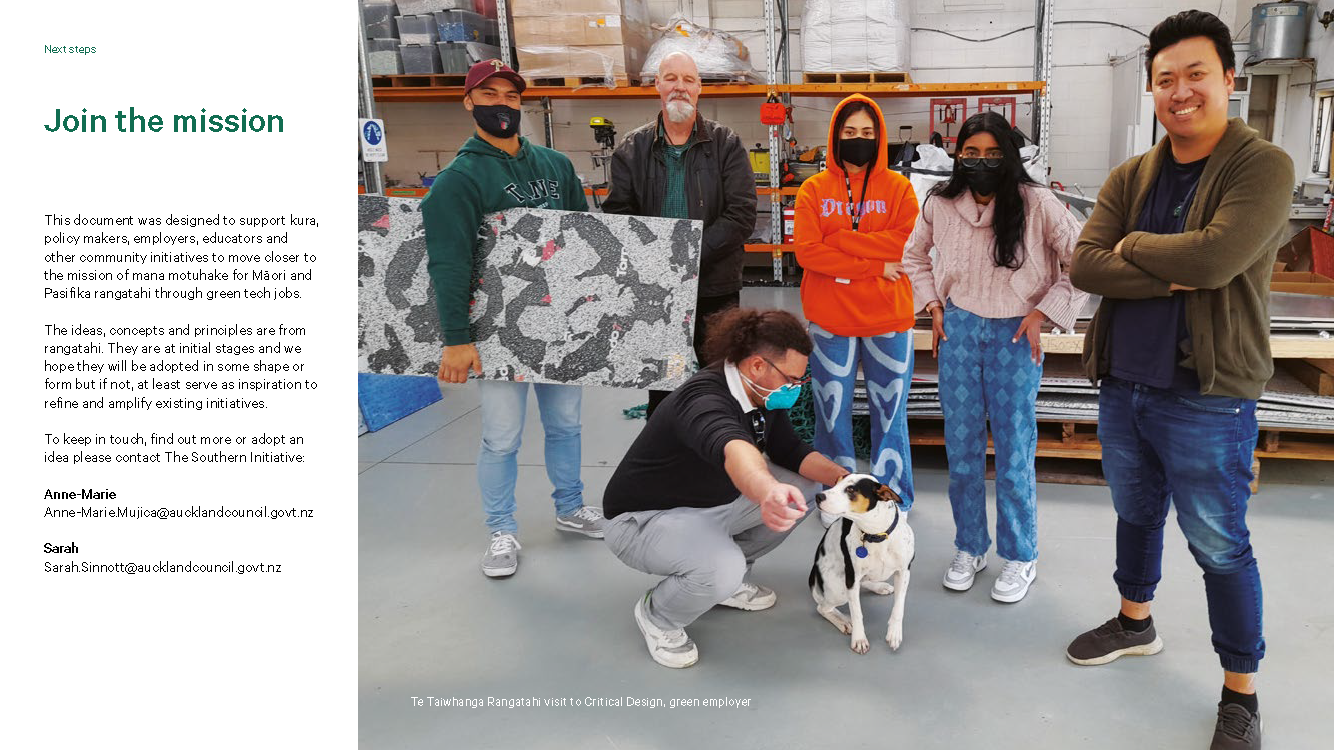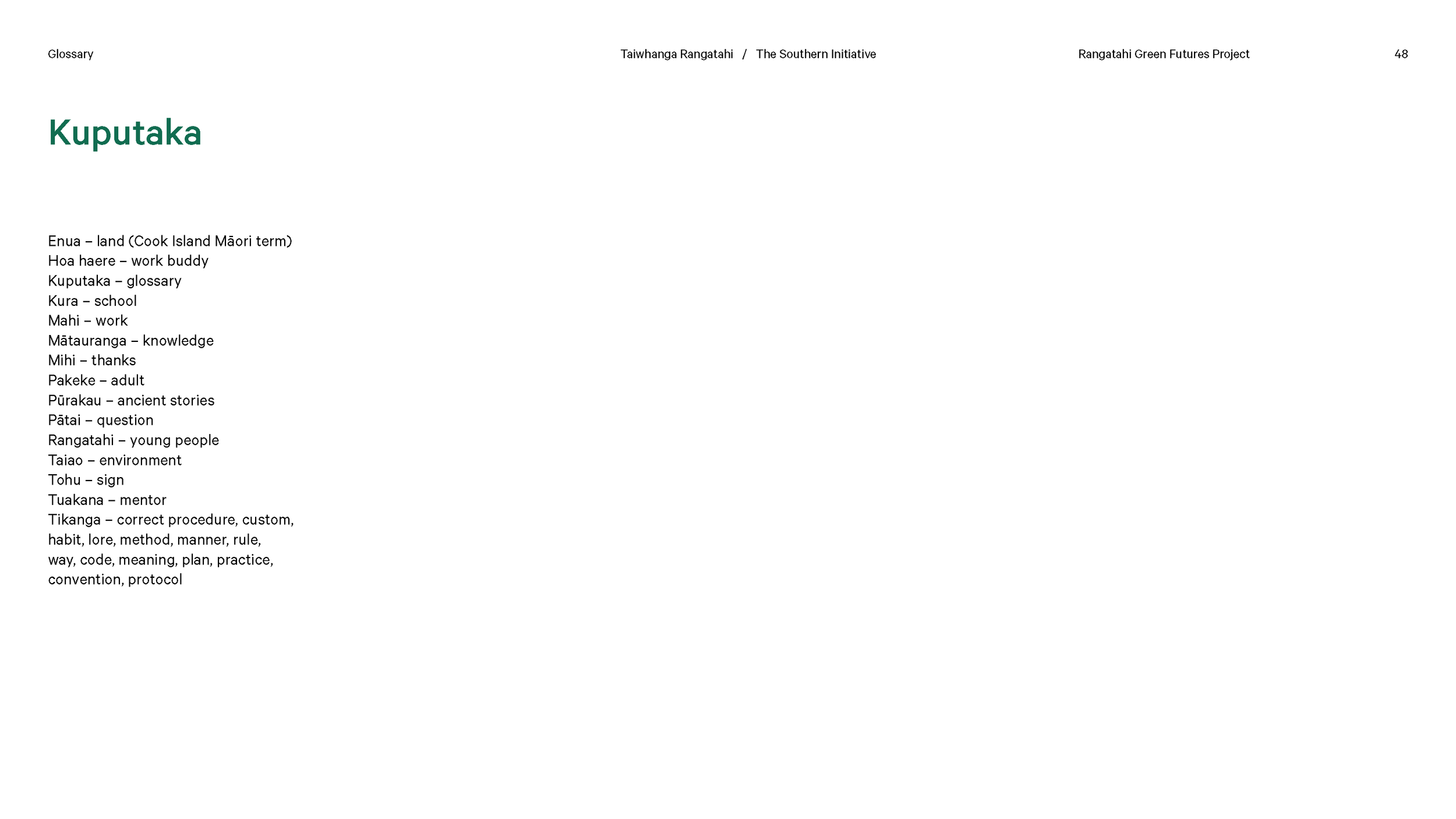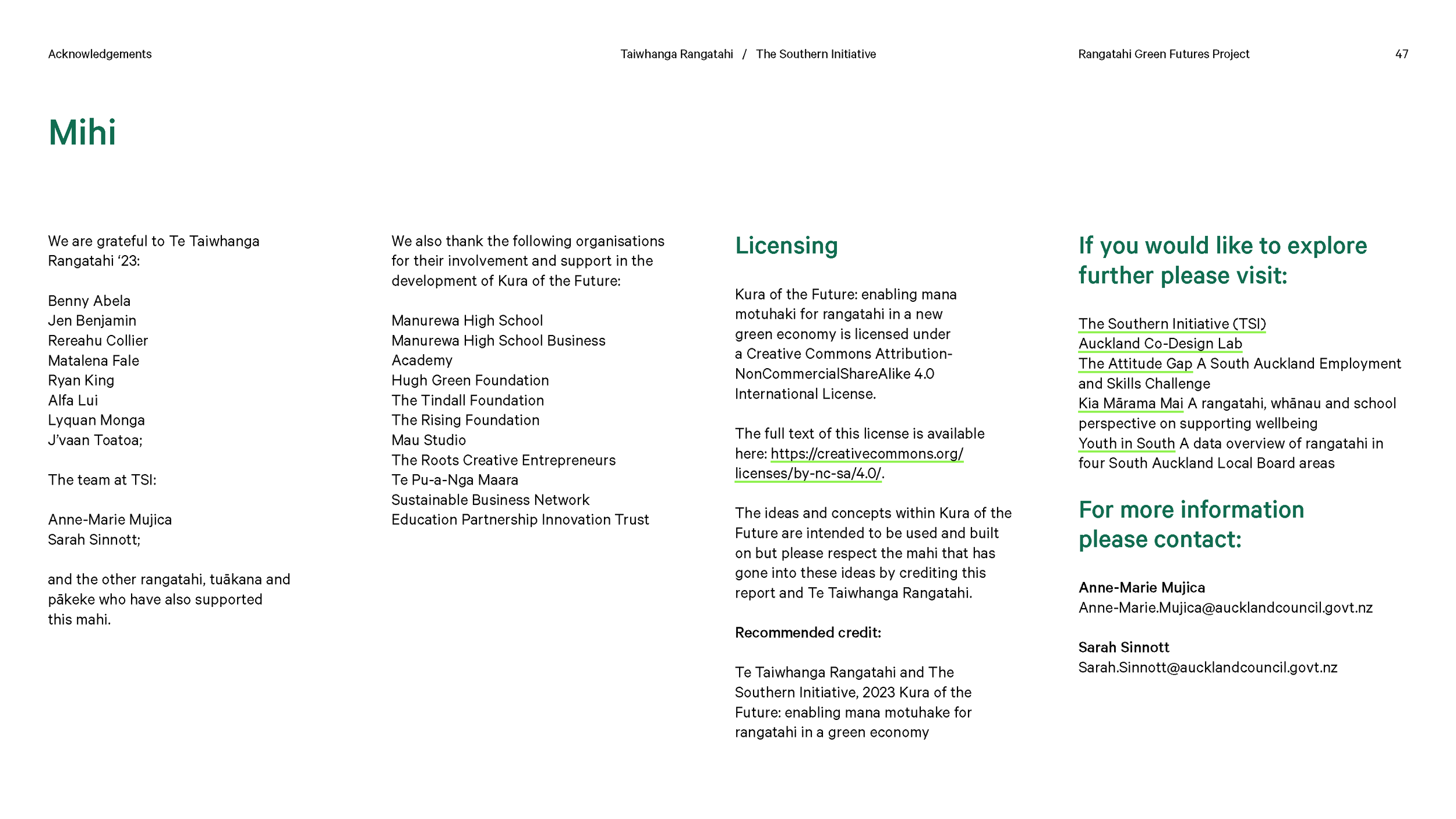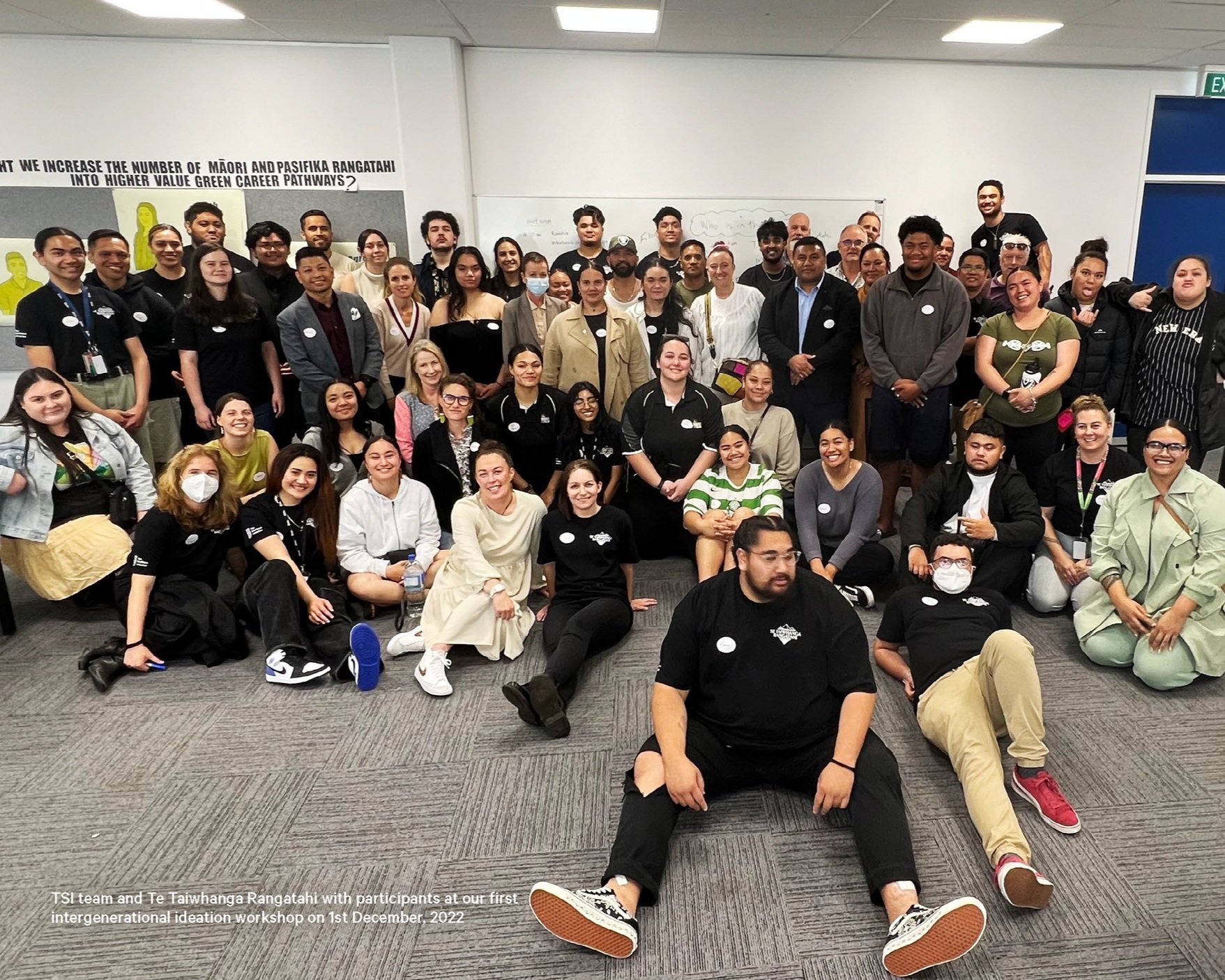Te Taiwhanga Rangatahi: Iteration One
Iteration One:
Who are we?
We are Te Taiwhanga Rangatahi, a youth led group working alongside, The Southern Initiative (TSI). We help address community issues and find solutions using indigenous design thinking. A space Rangatahi step up to be Rangatira through innovative design thinking by using the Hautu Waka design framework. Where Rangatahi advocate and recreate a work environment that is inviting for other Rangatahi to be apart of.
Poipoia te kākano, kia puāwai – Nurture the seed, so that it may blossom
What do we do?
As rangatahi within the Co-Design Lab we bridge the connection from pakeke to tamariki, paving a way to the future that enables and encourages them to act as tuakana among their peers in the community of South Auckland.
Our external focus sees us using participatory design practice with the holistic framework of Te Hautu Waka, where we navigate a journey to addressing our big question – How might we increase the number of Māori & Pasifika rangatahi in to high-value green career pathways? Through collecting information via Interviews alongside pakeke and rangatahi alike, we are able to understand and bridge the gap of how we can get rangatahi to move into these areas. As we present our journey to different people who have collaborated or supported our kaupapa, we build relationships within our connections to Council but also to external organisations.
Our internal focus strengthens the ability for us to work as rangatahi within a pakeke environment. We encourage best practice by implementing Te Kawa o te Mahi, our way of holding each other accountable within our team. Through this we have an emphasis on the soft and technical skills of working as well as our well-being. The use of Te Whare Tapa Whā ensures our team cater to all aspects of our lives as we grow. We build capabilities in culture and design thinking to ground ourselves whilst also contributing to the collective work set before us. As we grow to be better people we set a standard by showcasing the opportunity to pursue pathways that we are passionate about.
Rangatahi vision for a Kura of the Future
Te Taiwhanga Rangatahi (TTR) is our equity-led youth design lab helping business, central and local government understand rangatahi through rangatahi.
Over the last 12 months, TTR has been focussed on one big question: how might we increase the number of Māori and Pasifika rangatahi (young people) in high value green career pathways?
The work on this question has created a vision for what a Kura of the Future could look like, as one rangatahi participant described:
“…Bro, in like ten years’ time you’ll see students wanting to go to school and learn instead of having to go to school as an obligation.”
The Kura of the Future is a re-imagined secondary school connected to local tertiary providers and industry partners to make STEM fun and relevant and which also values indigenous mātauranga and pūrakau. To read more about the Kura of the Future, click here.
TTR approach – an indigenous design framework
Te Hautū Waka is the indigenous design framework used by TTR to navigate the design journey, along with other design tools that help them collaborate with rangatahi and pakeke.
This created spaces for rangatahi to share ideas with policymakers so they can act together on issues that matter to rangatahi, such as education, employment, and the environment.
While working on this design challenge, TTR’s Rangatahi Designers developed their own empathy interviewing skills with 20 interviewees, and facilitation skills in workshops with over 60 participants.
This culminated in two intergenerational workshops with young people and adults from across government, green and tech businesses, education sector and entrepreneurs, with more than 60 attendees at each workshop.
Rangatahi understanding the challenge, through rangatahi and pakeke
TTR found through research and interviews that:
Rangatahi in Aotearoa are not receiving relevant and up-to-date career advice as advisors in schools are often stretched for time and teachers are not necessarily connected or keeping up with the green and tech sectors to provide the advice.
Often culture and identity are not reflected in learning or the workplace which is not motivating or affirming for rangatahi.
When rangatahi can relate to teachers and pakeke, this has a profound influence on career direction and interest in learning.
Whānau often have ‘old school’ ways of thinking about careers so need to be brought on the journey too.
Rangatahi think high-value careers empower themselves, the community, and the environment.
Hands-on learning and incorporating indigenous knowledge into learning supports identity, making science, technology, engineering and maths (STEM) fun and relevant for rangatahi.
Finally, the research and intergenerational workshops built five ideas that could guide rangatahi into high value career aspirations, including supporting green/tech employers to access and engage with rangatahi and their whānau and transforming the way rangatahi figure out what they want to do and understand the options.
Five ideas to help rangatahi pathways into high value green careers
1. Miles Ahead – a digital platform that connects young people and their families with professionals in green technology fields.
2. Camp Utuutu – an immersion experience for STEM teachers that is run by kaumātua (Māori elders) and rangatahi.
3. Whakahara – a road trip experience for Year 9 and 10 rangatahi that exposes them to the possibilities and relevance of STEM.
4. Apoapo – a gathering space that brings together employers, career advisors, career services, and educators to pool and shape up internships, work experience, and apprenticeships for rangatahi to get excited about in green and tech industries.
5. Ako Anamata – an innovative approach to teaching and learning that allows students to choose real-world STEM-related challenges instead of traditional subjects.
The ideas are in their initial stages and TTR is working with stakeholders to prototype versions of these ideas in the real world and/or use them to amplify existing initiatives.
“I love this, please keep it up, because I want to see this change.”
– Rangatahi participant at a workshop.
Kura of the Future
In this report we present Kura of the Future as a vision and a concept. It is based on work by Te Taiwhanga Rangatahi and our many collaborators to explore how we might increase the number of Māori and Pasifika rangatahi in high value green and tech career pathways. It shares our journey, what we learned from speaking with rangatahi and pākeke, opportunity areas for change and five key ideas or concepts to address this, designed with rangatahi, businesses, government and community partners. This document was designed to support kura, policy makers, employers, educators and other community initiatives to move closer to the mission of mana Motuhake for māori and Pasifika rangatahi in a new green economy.
